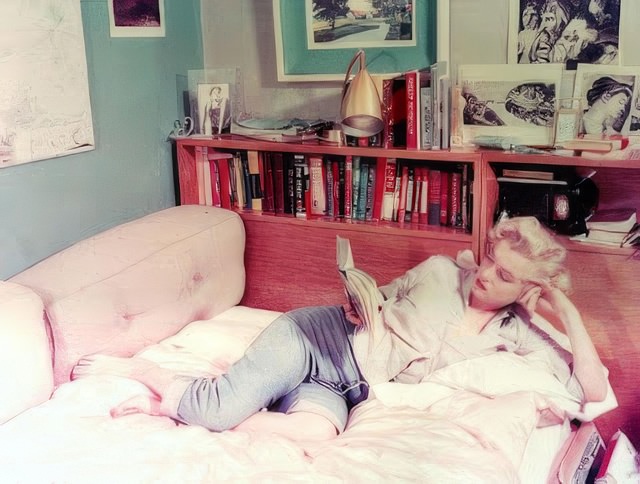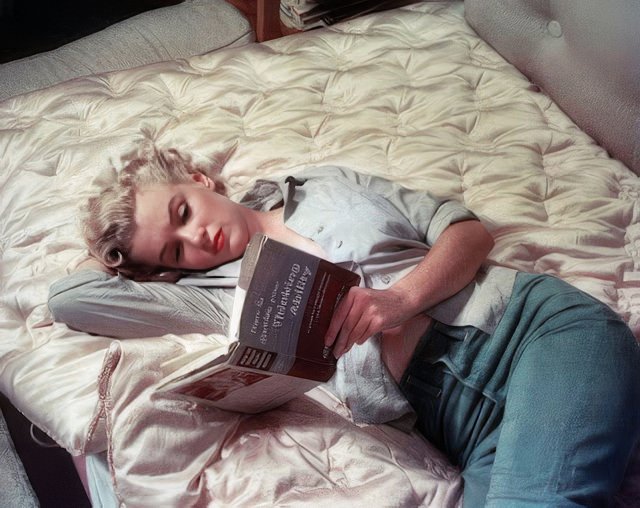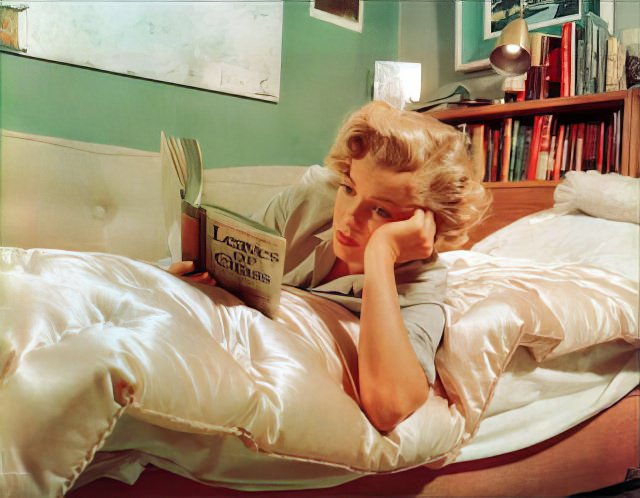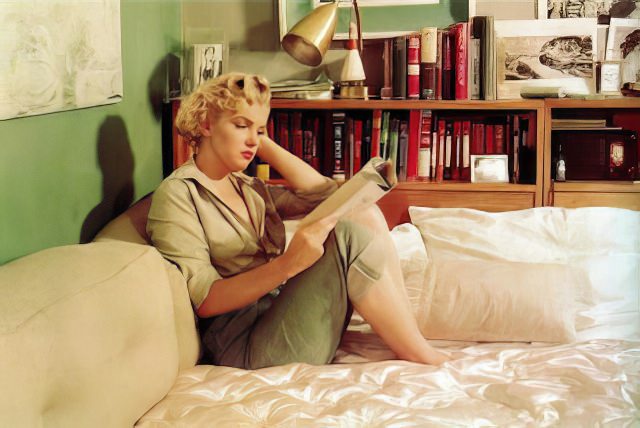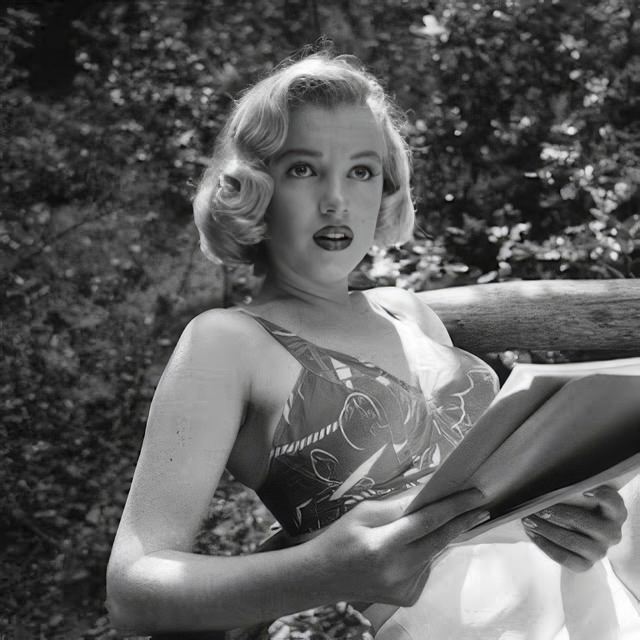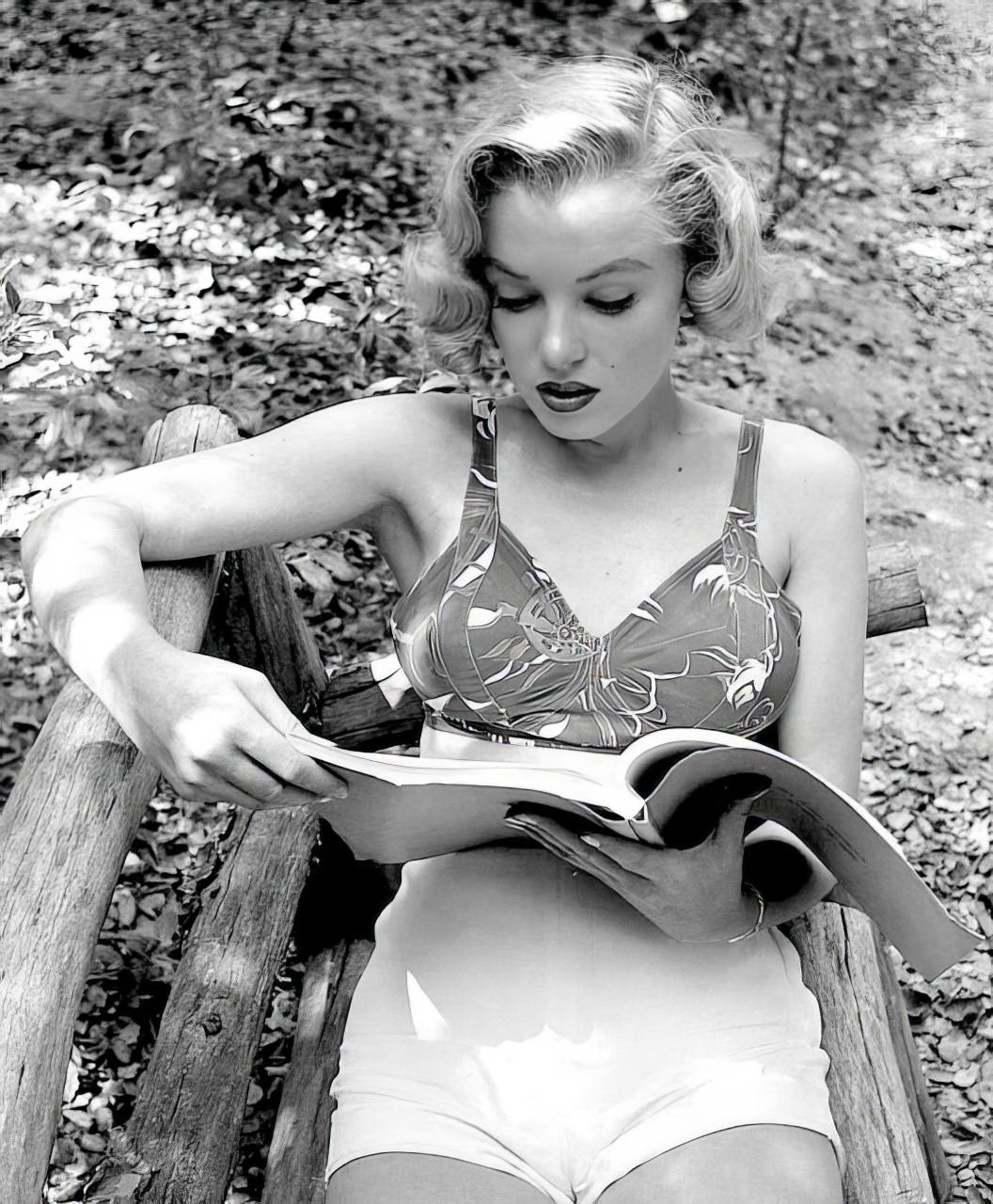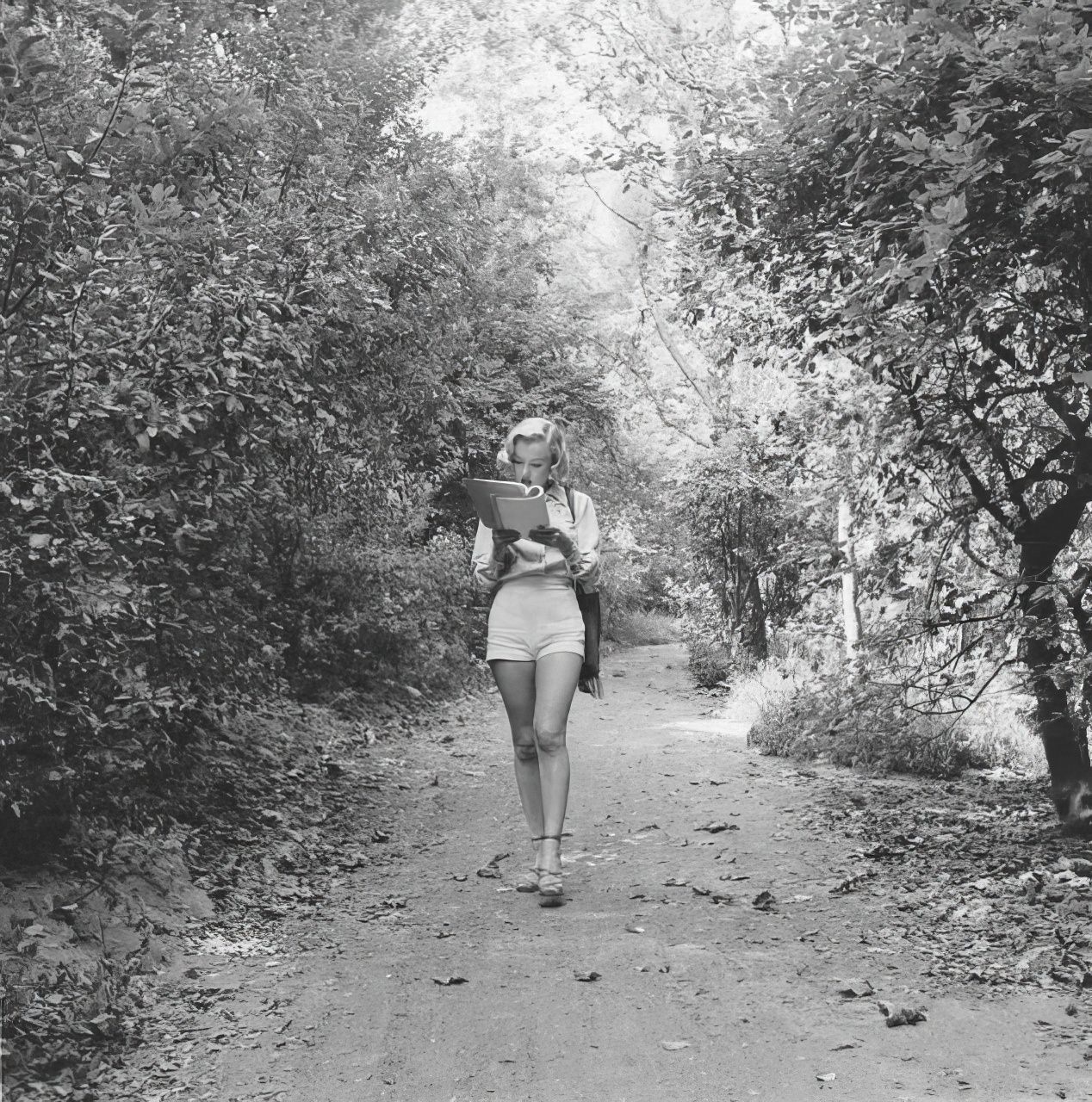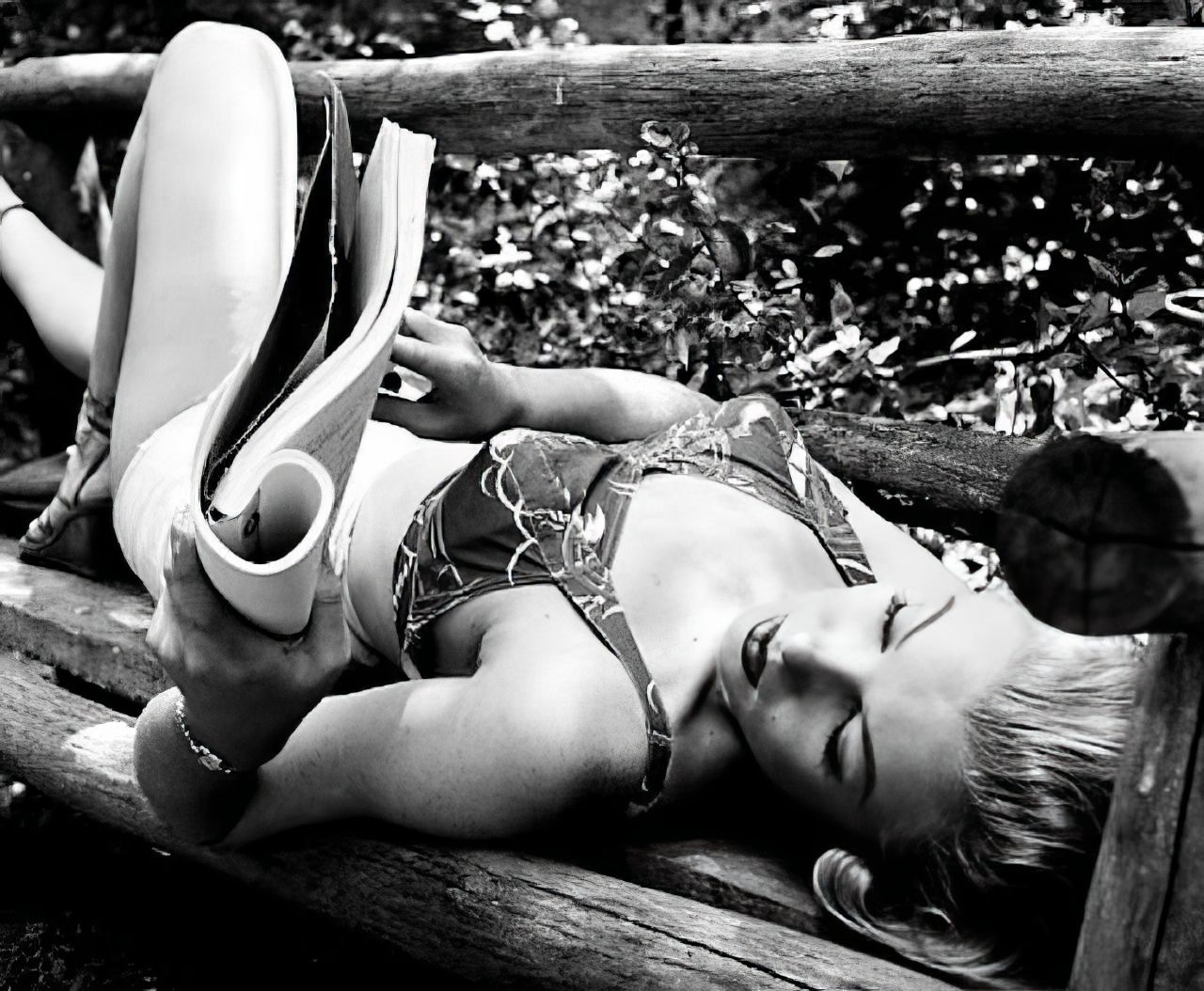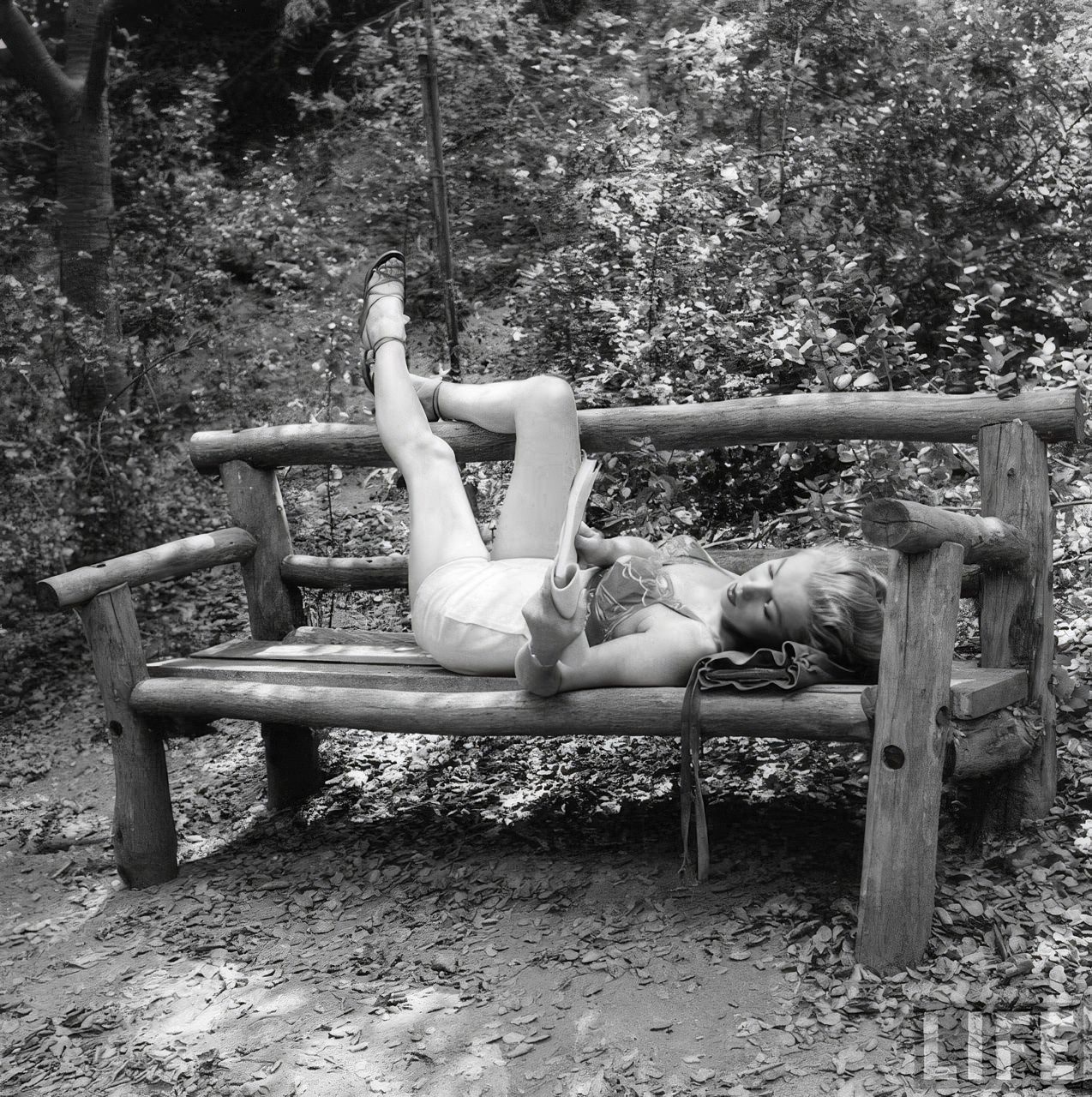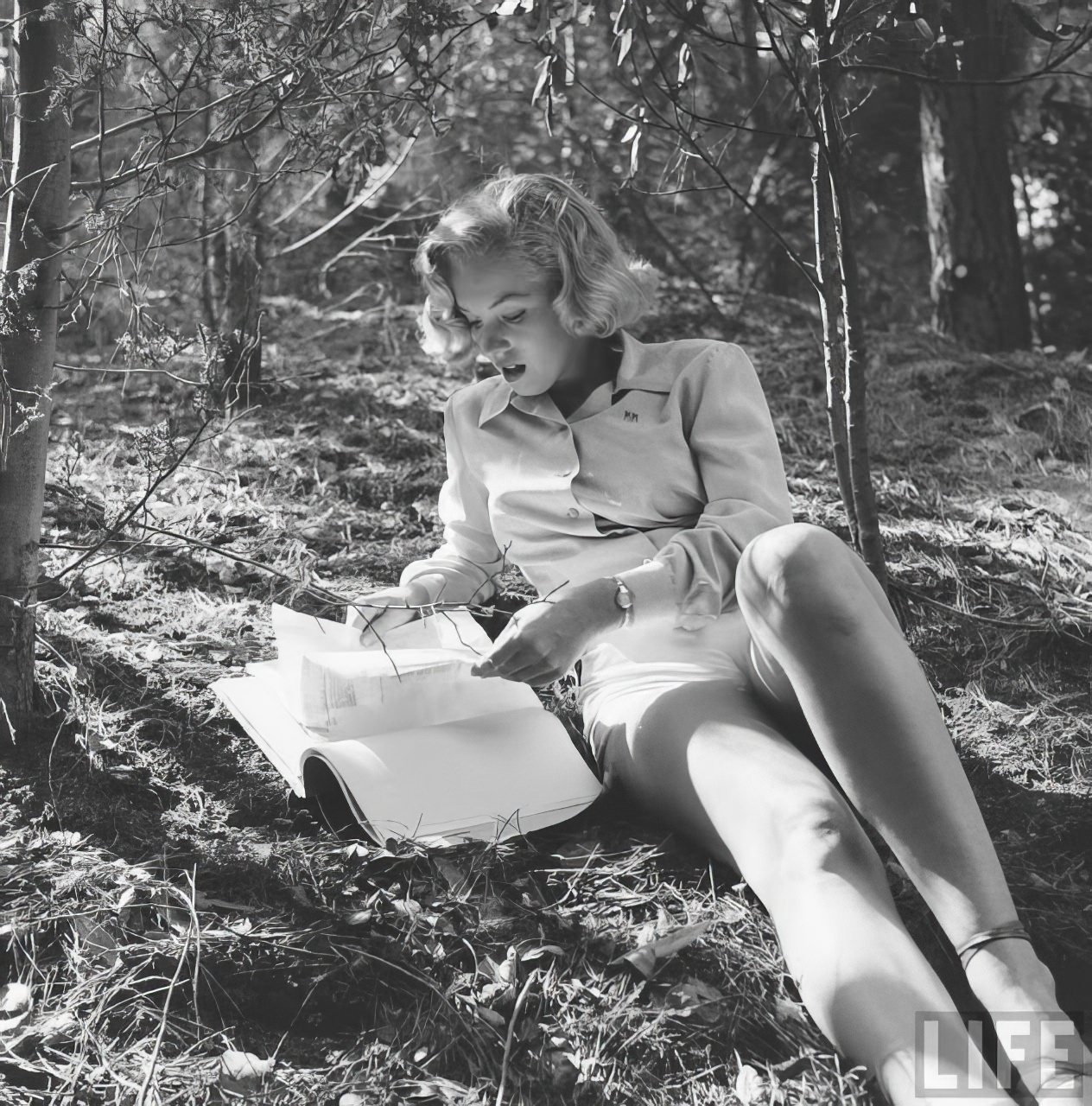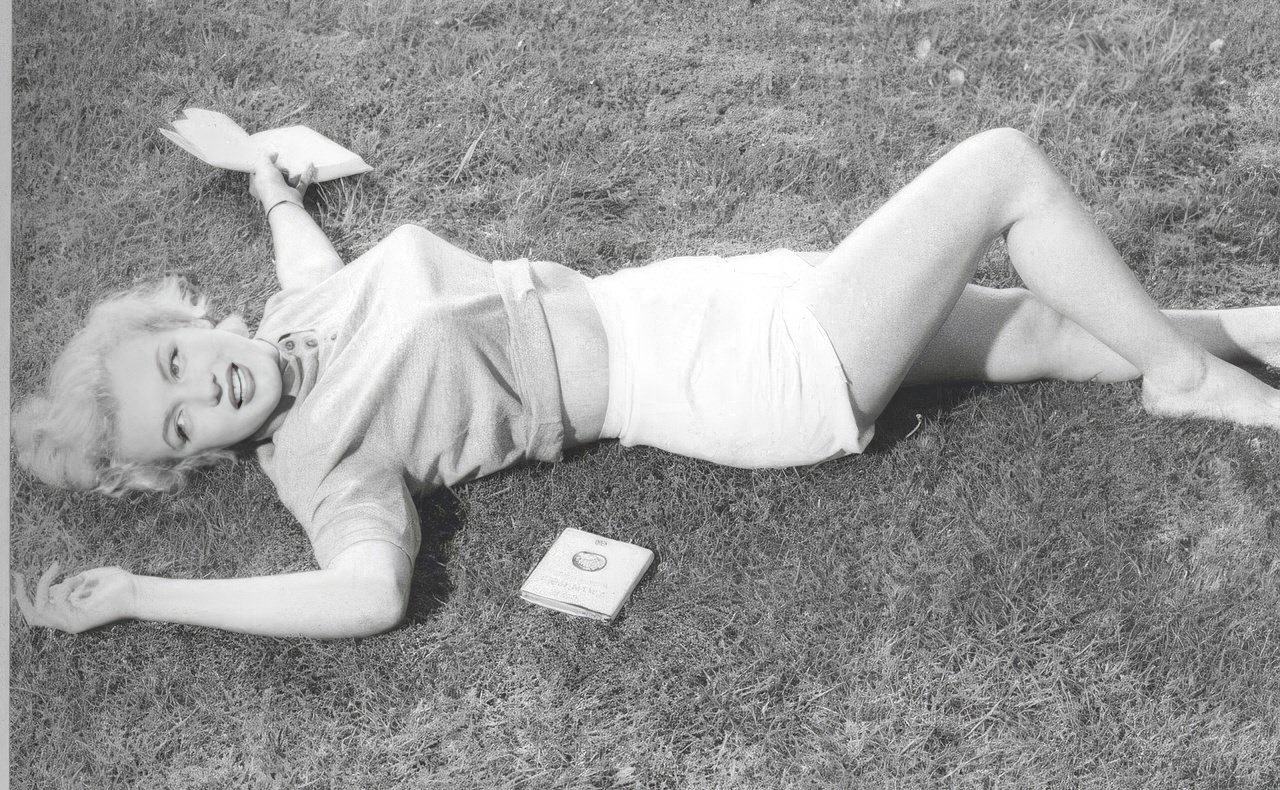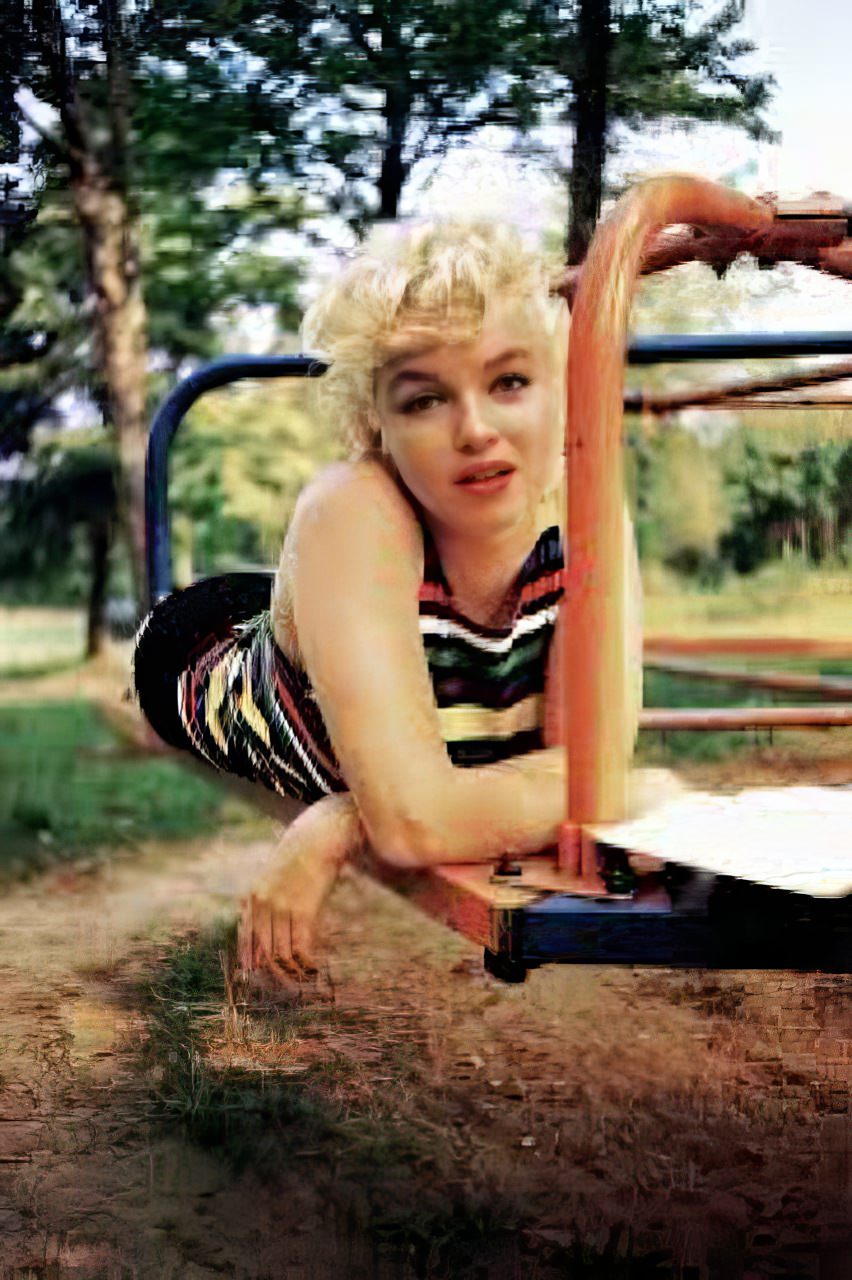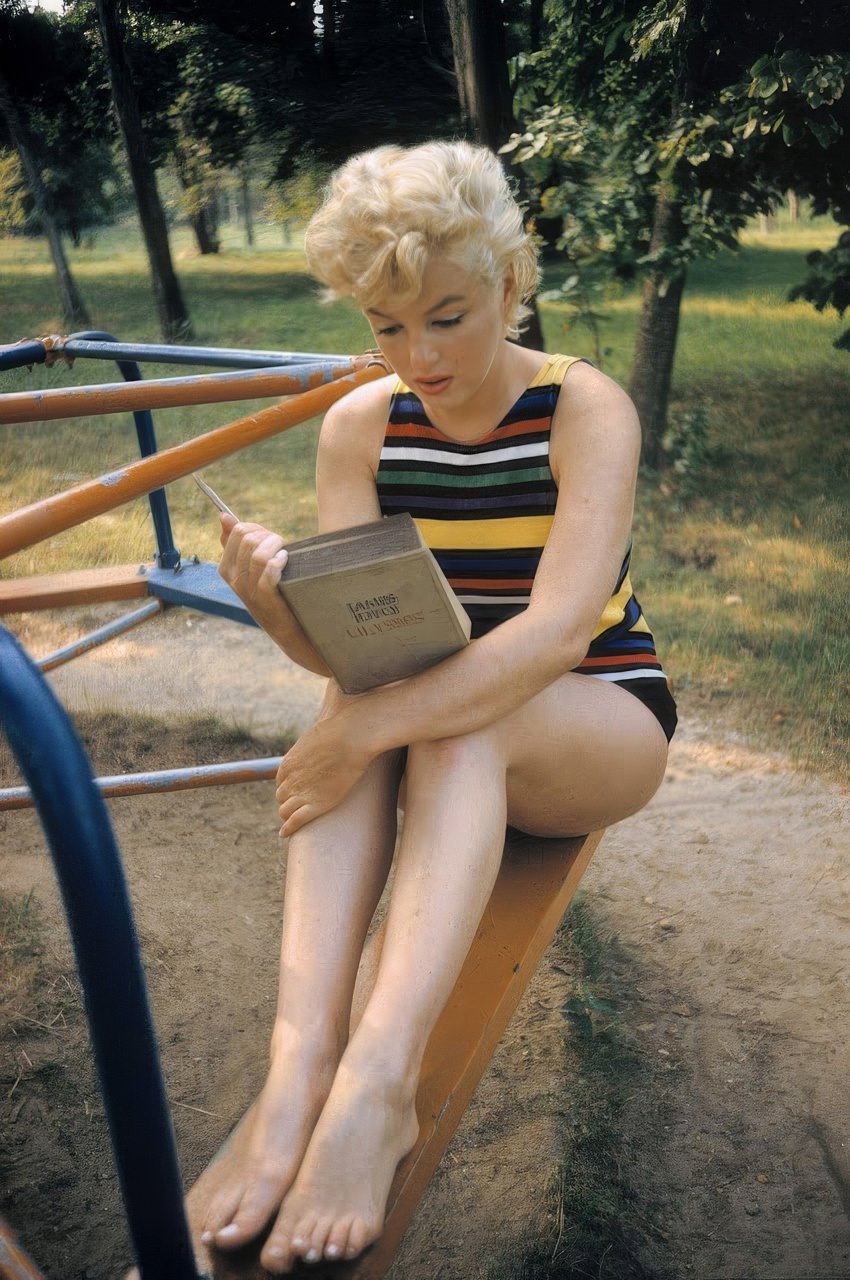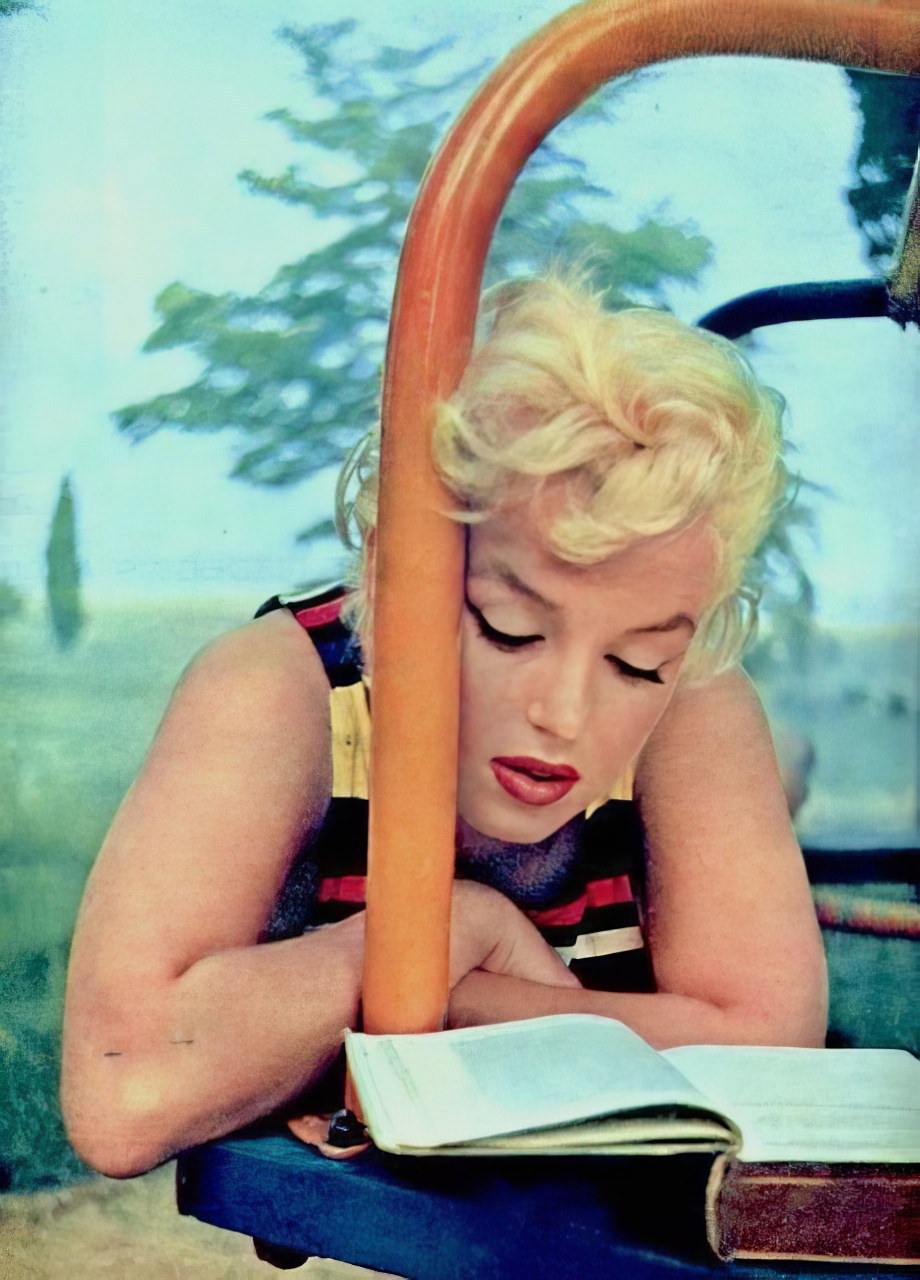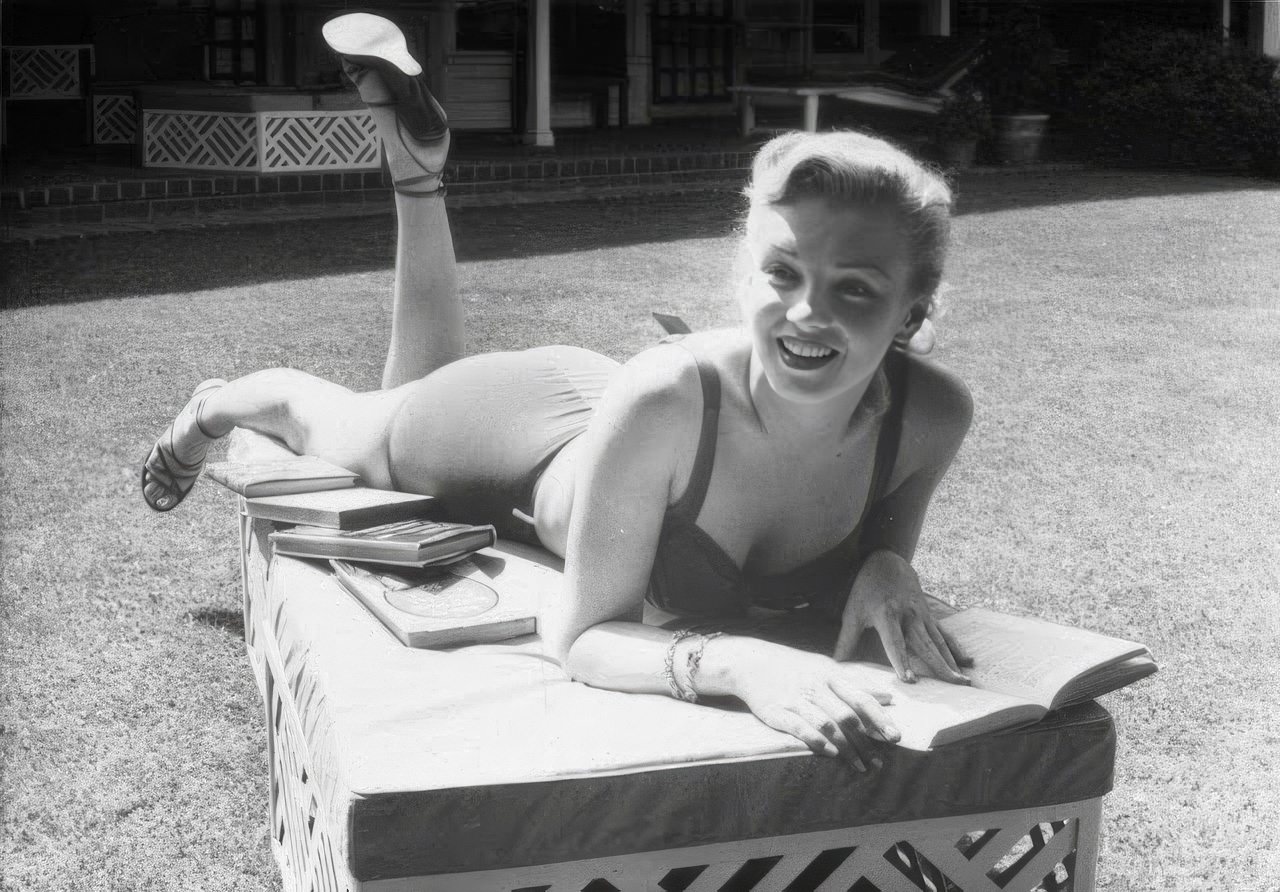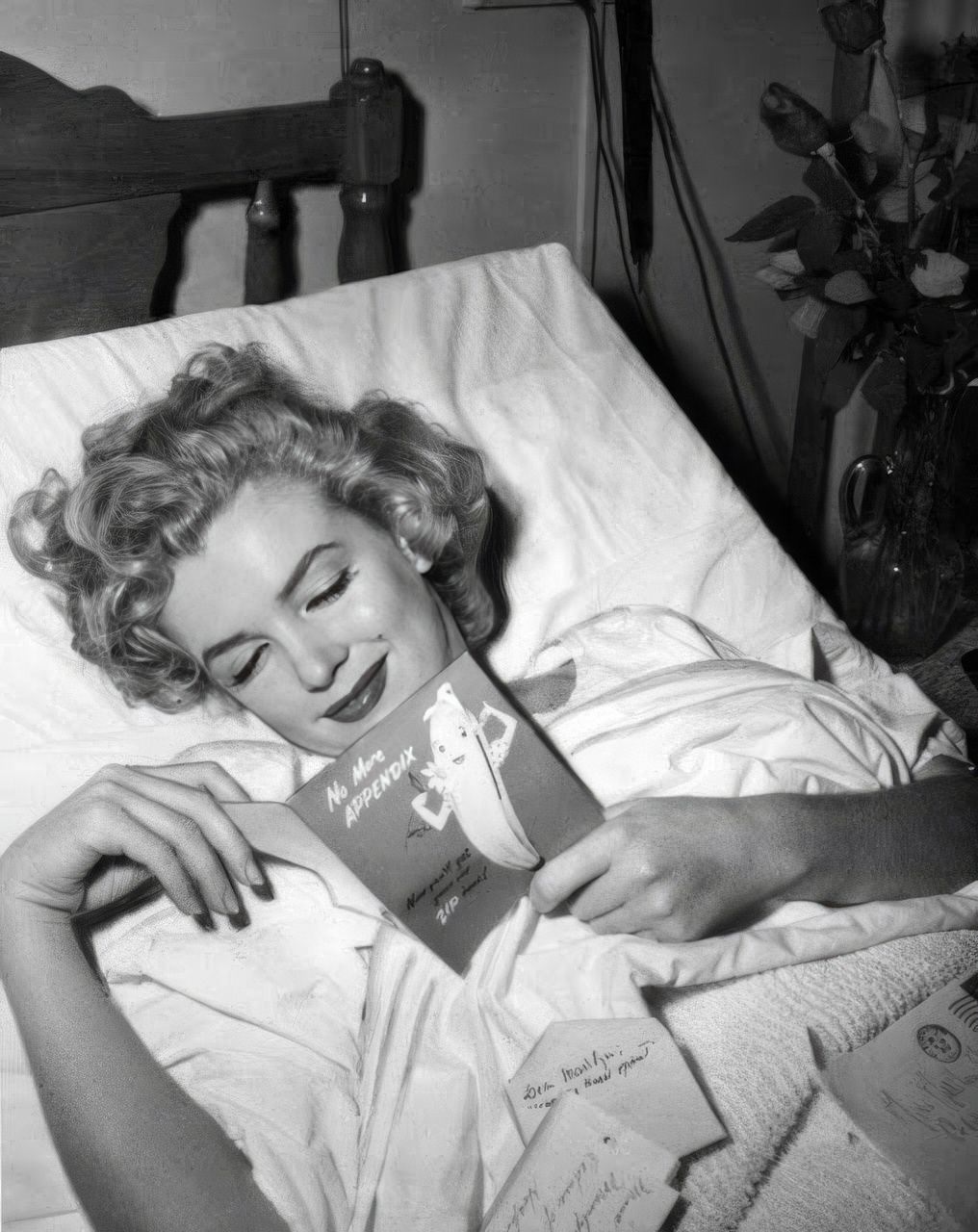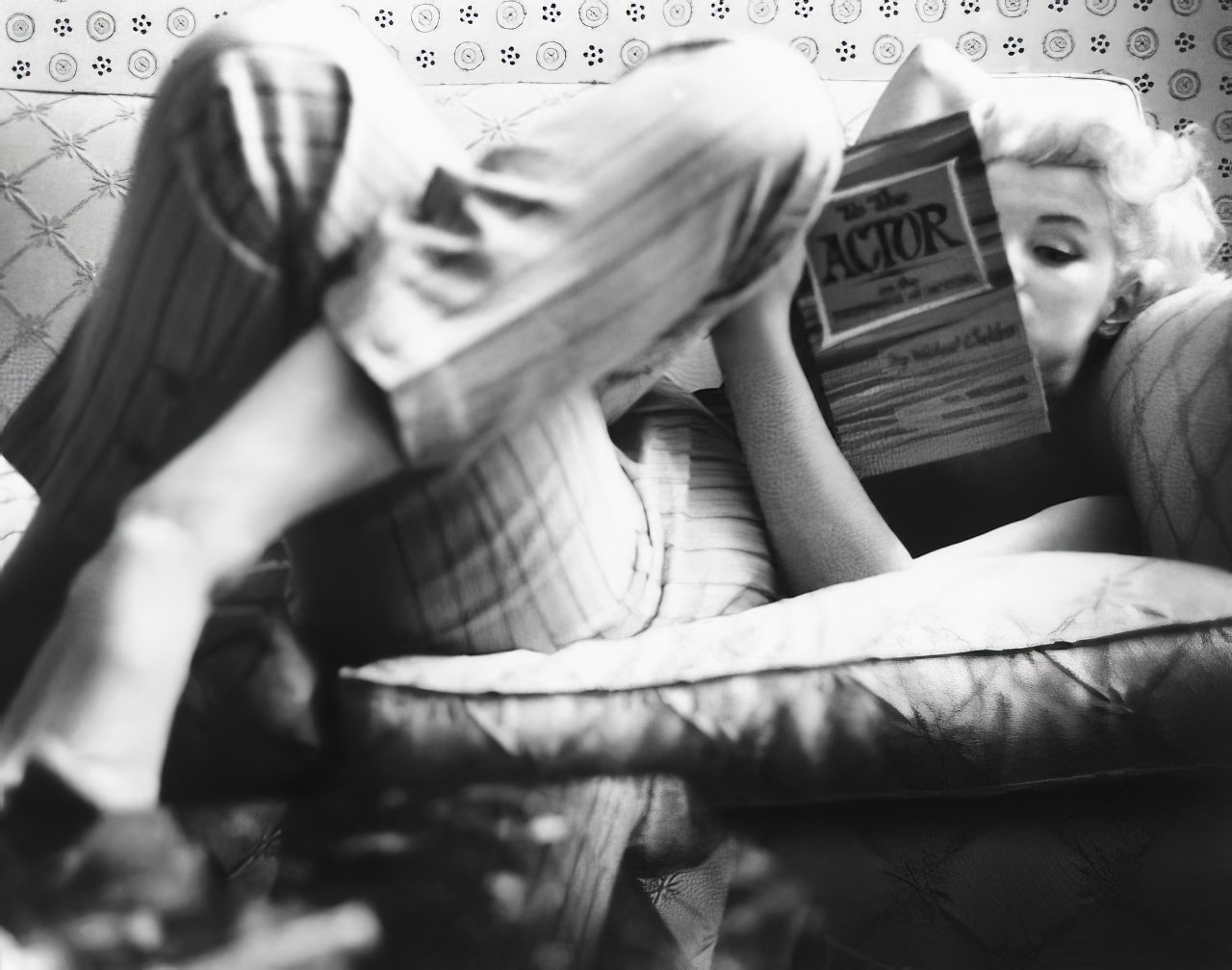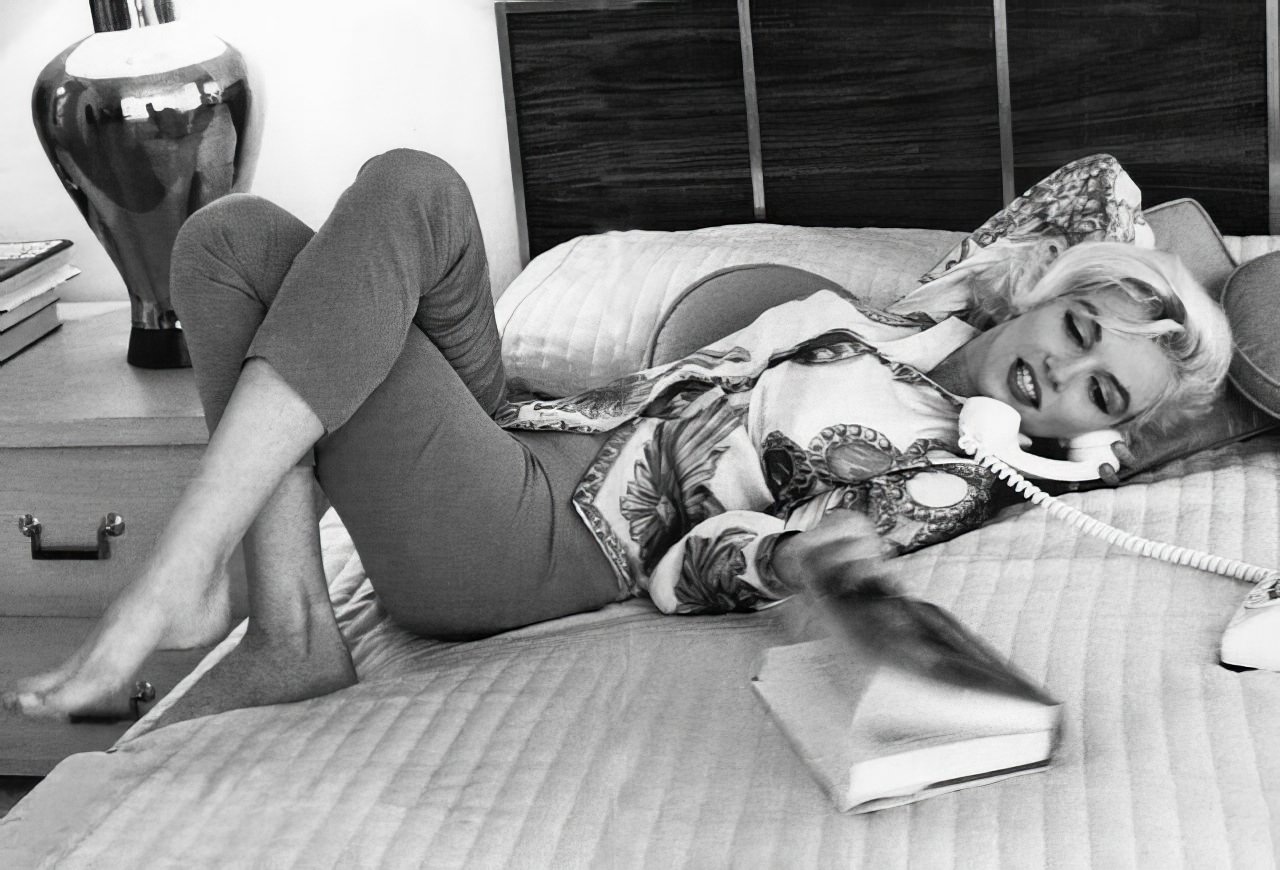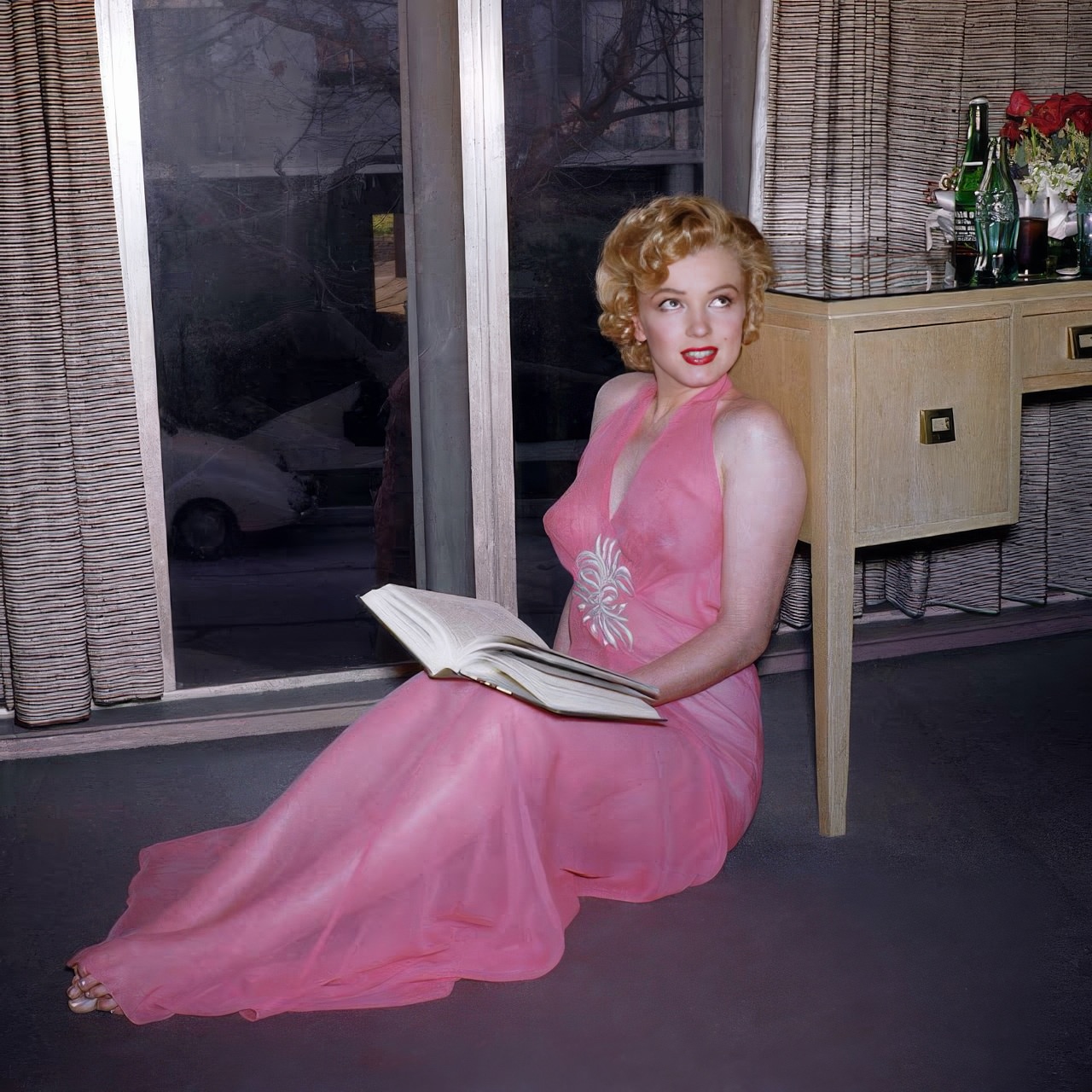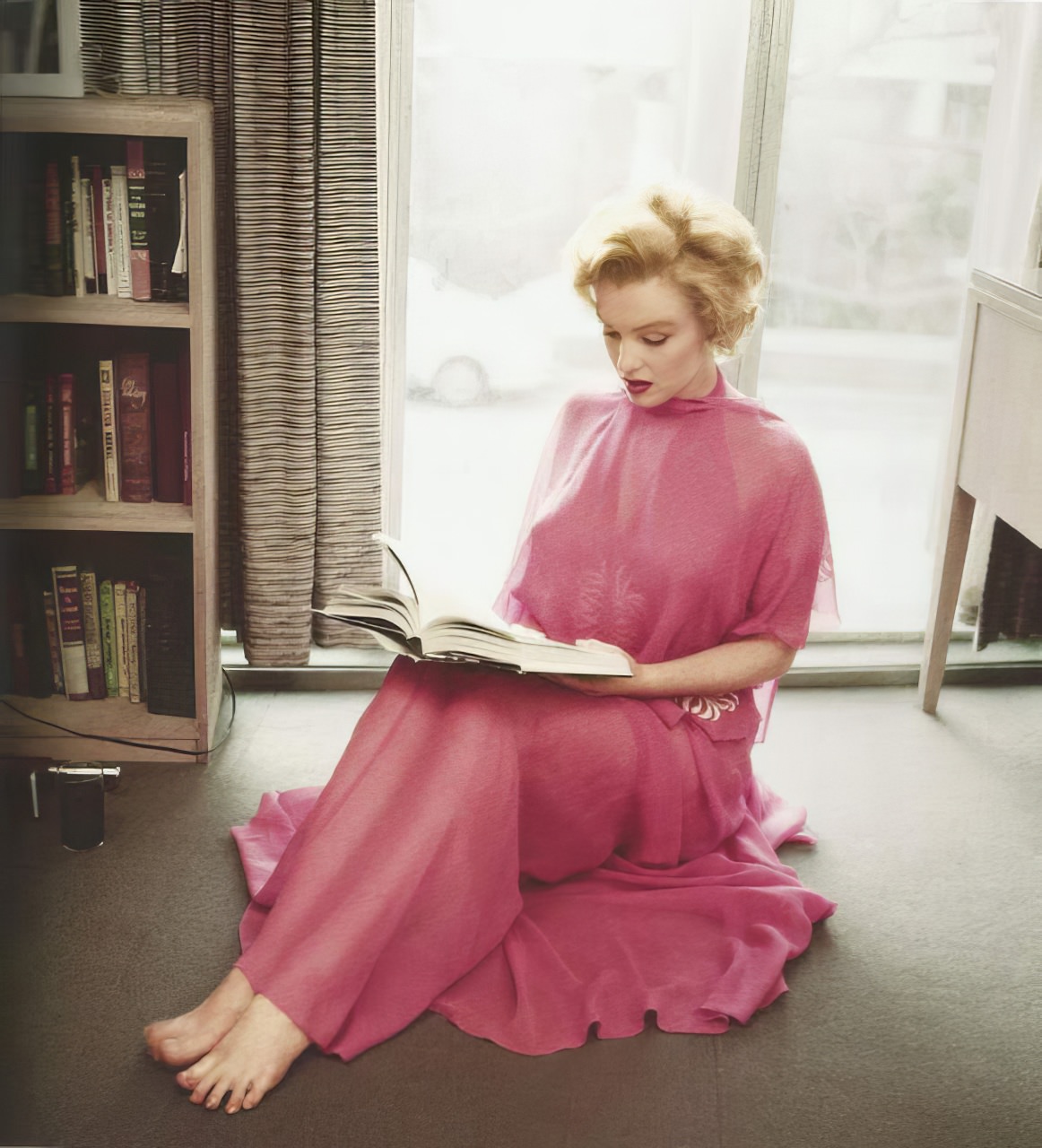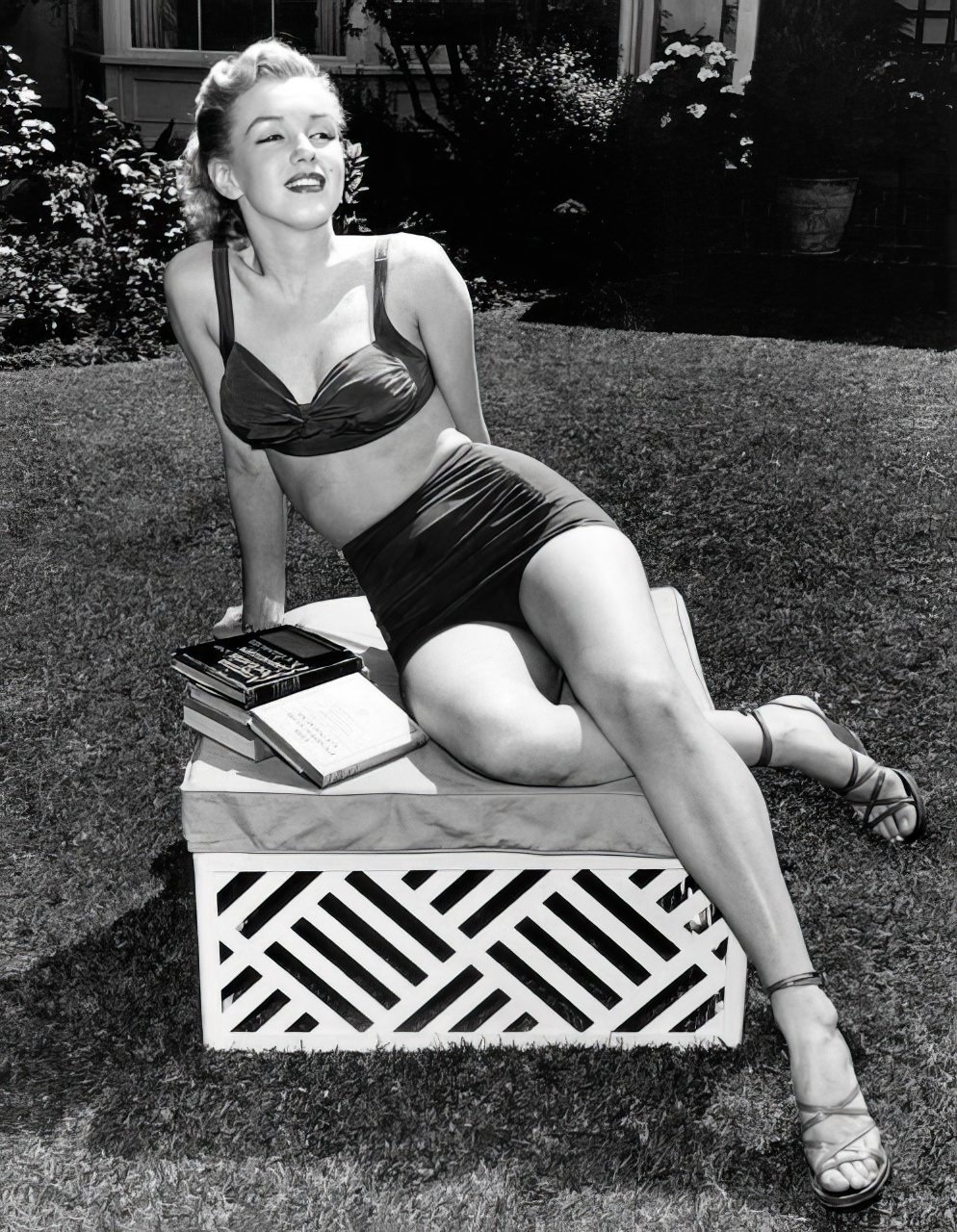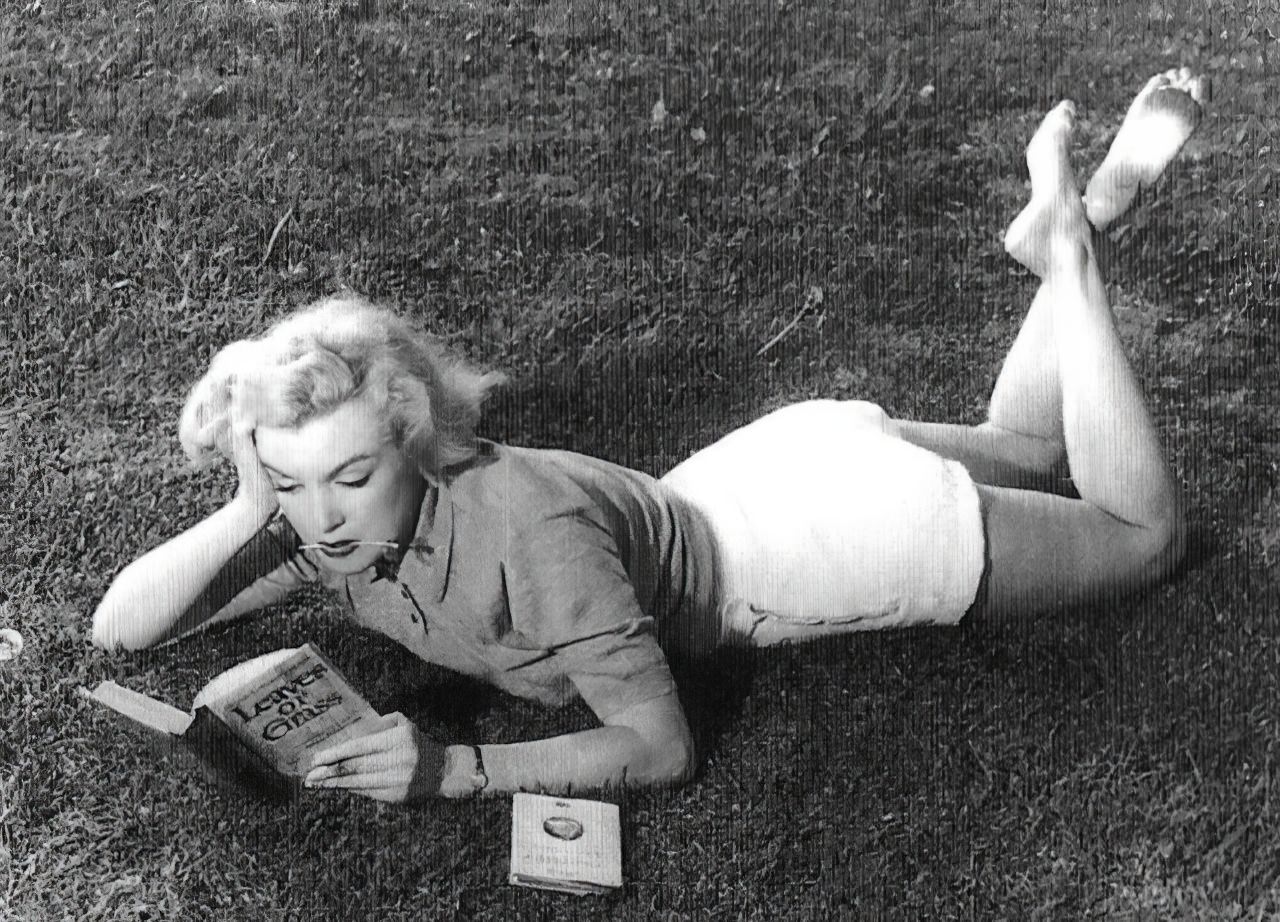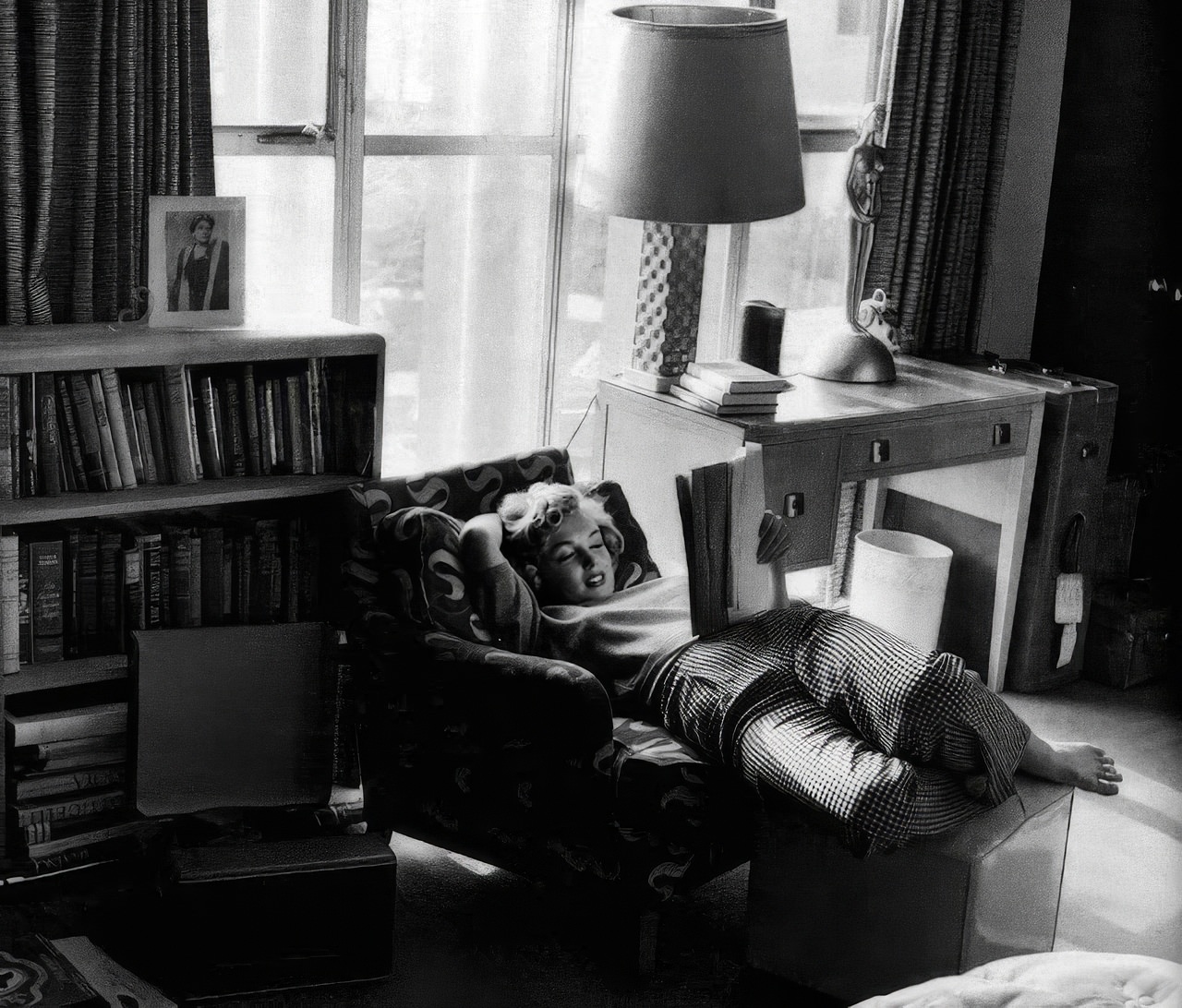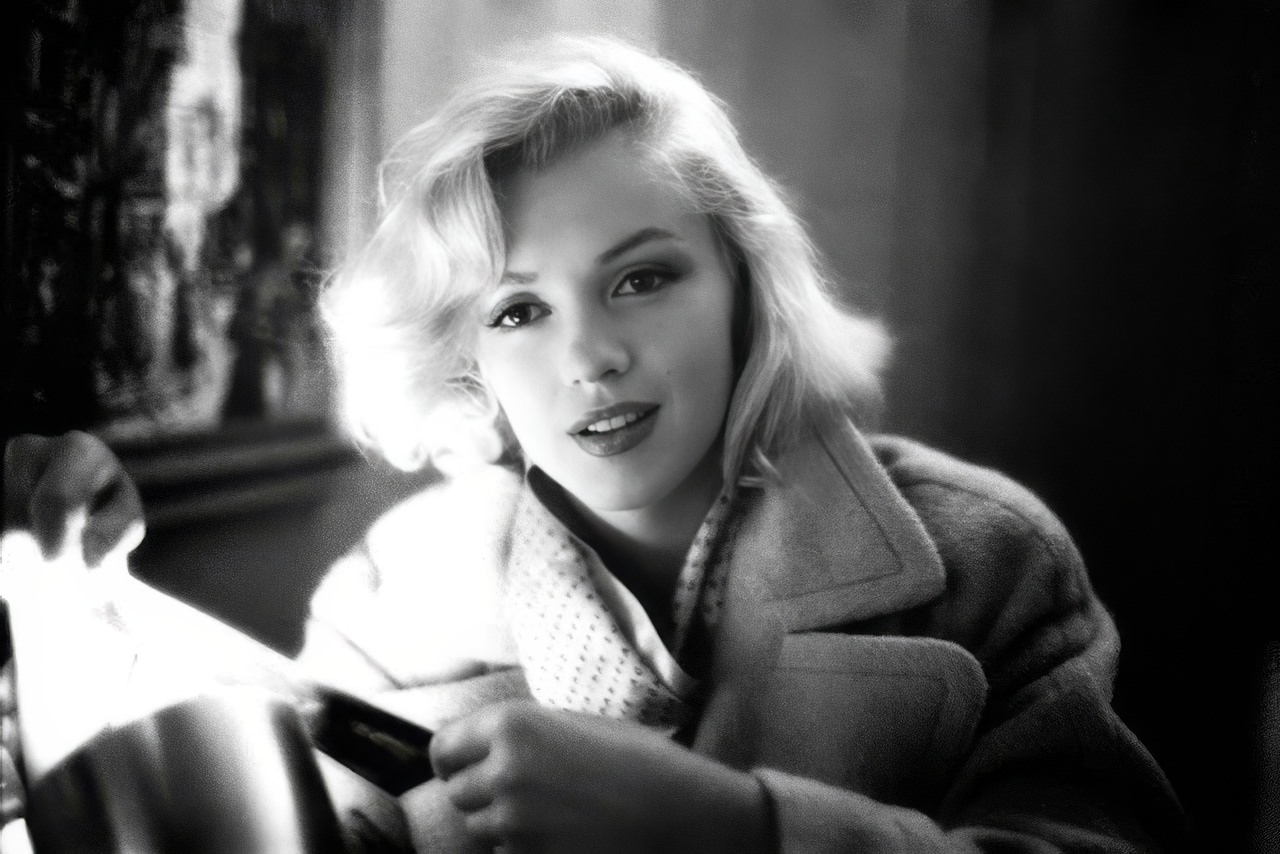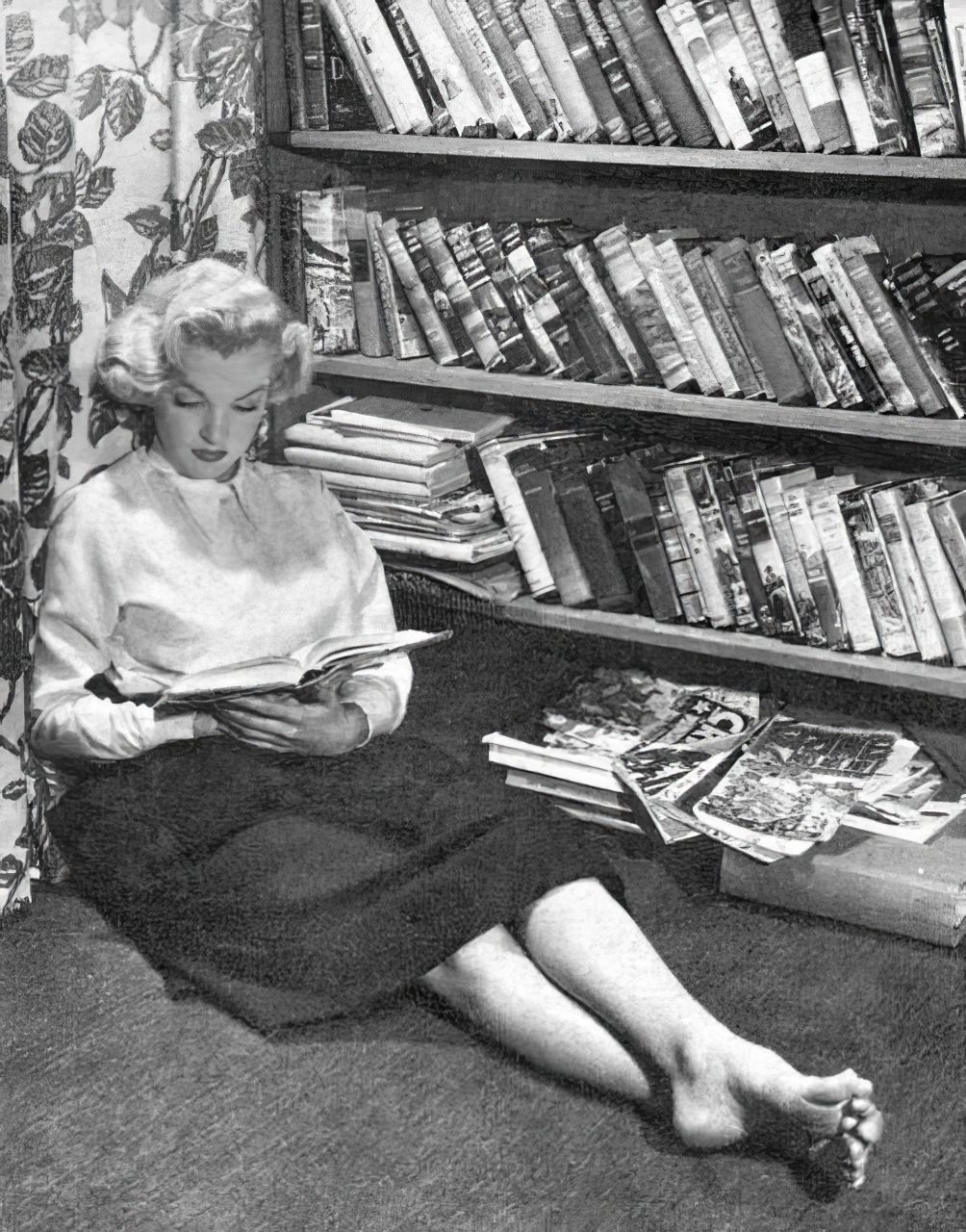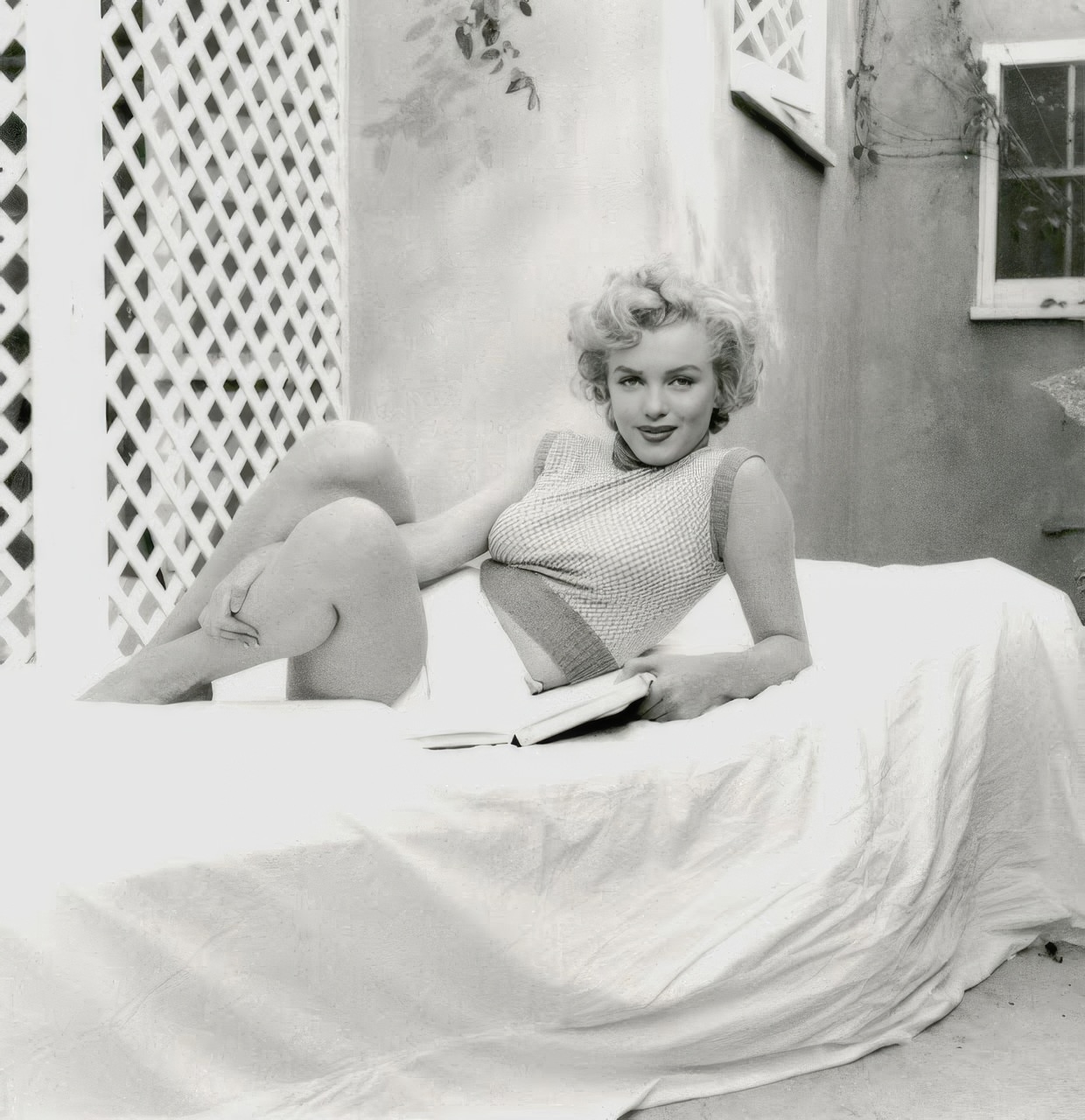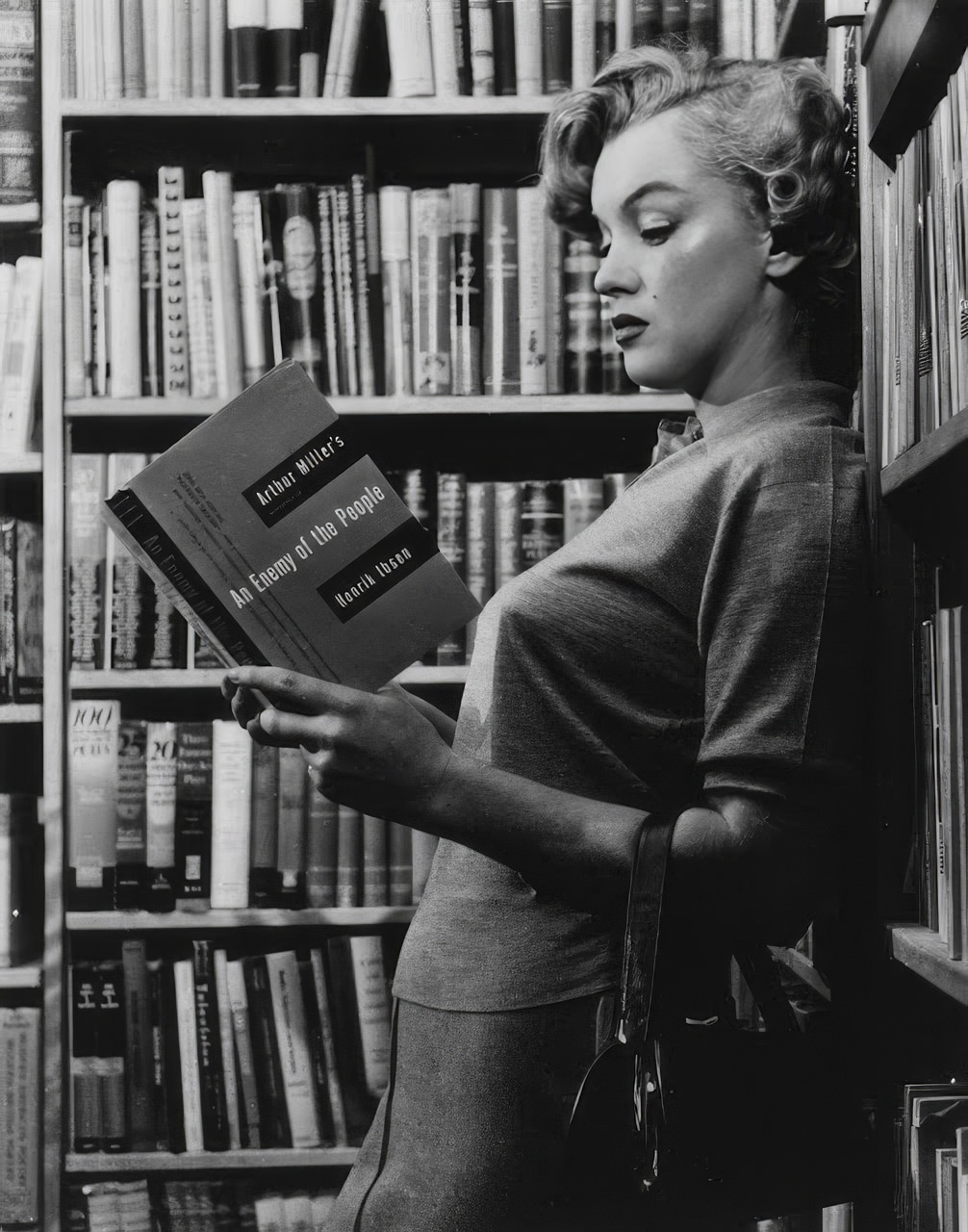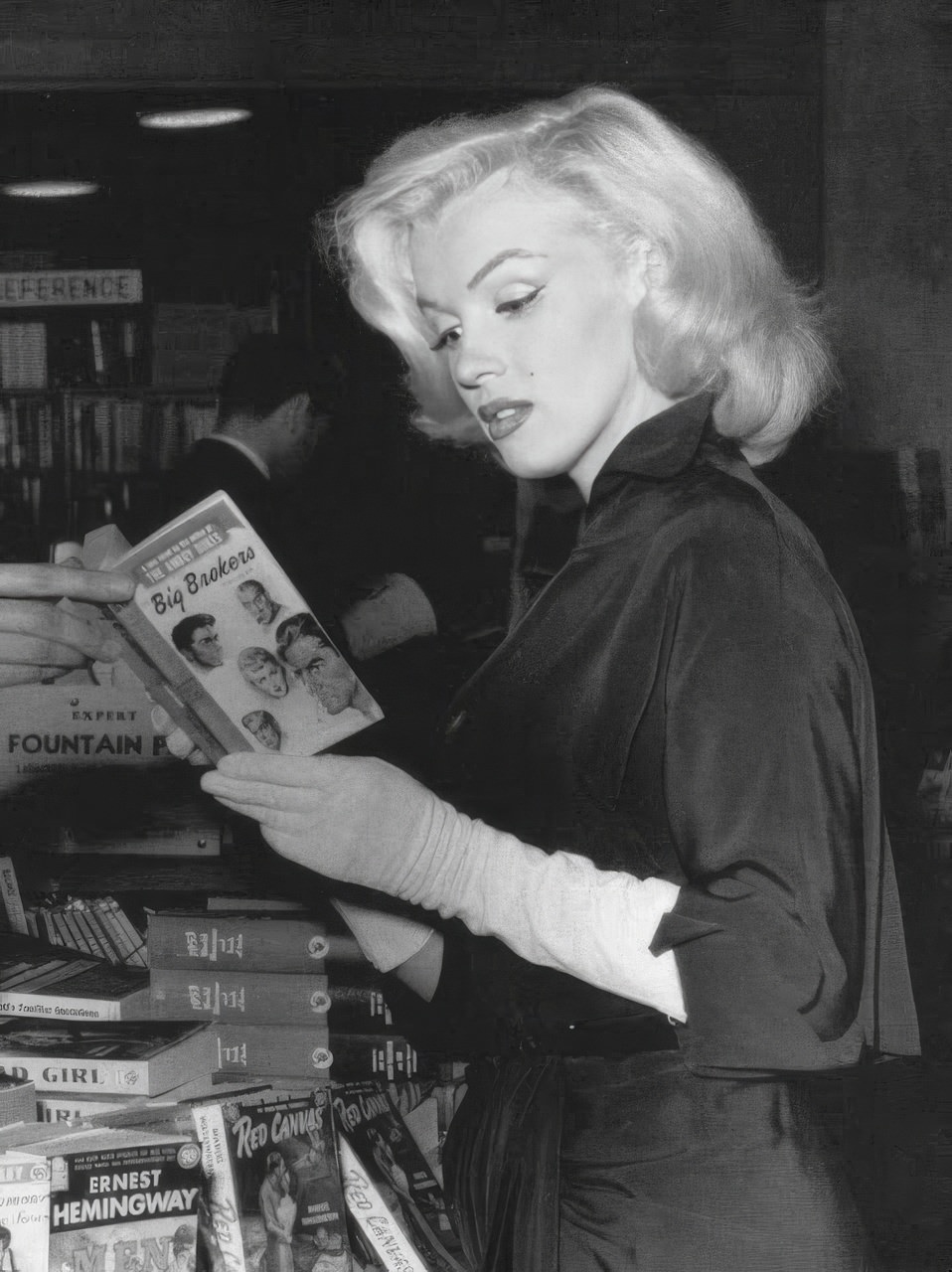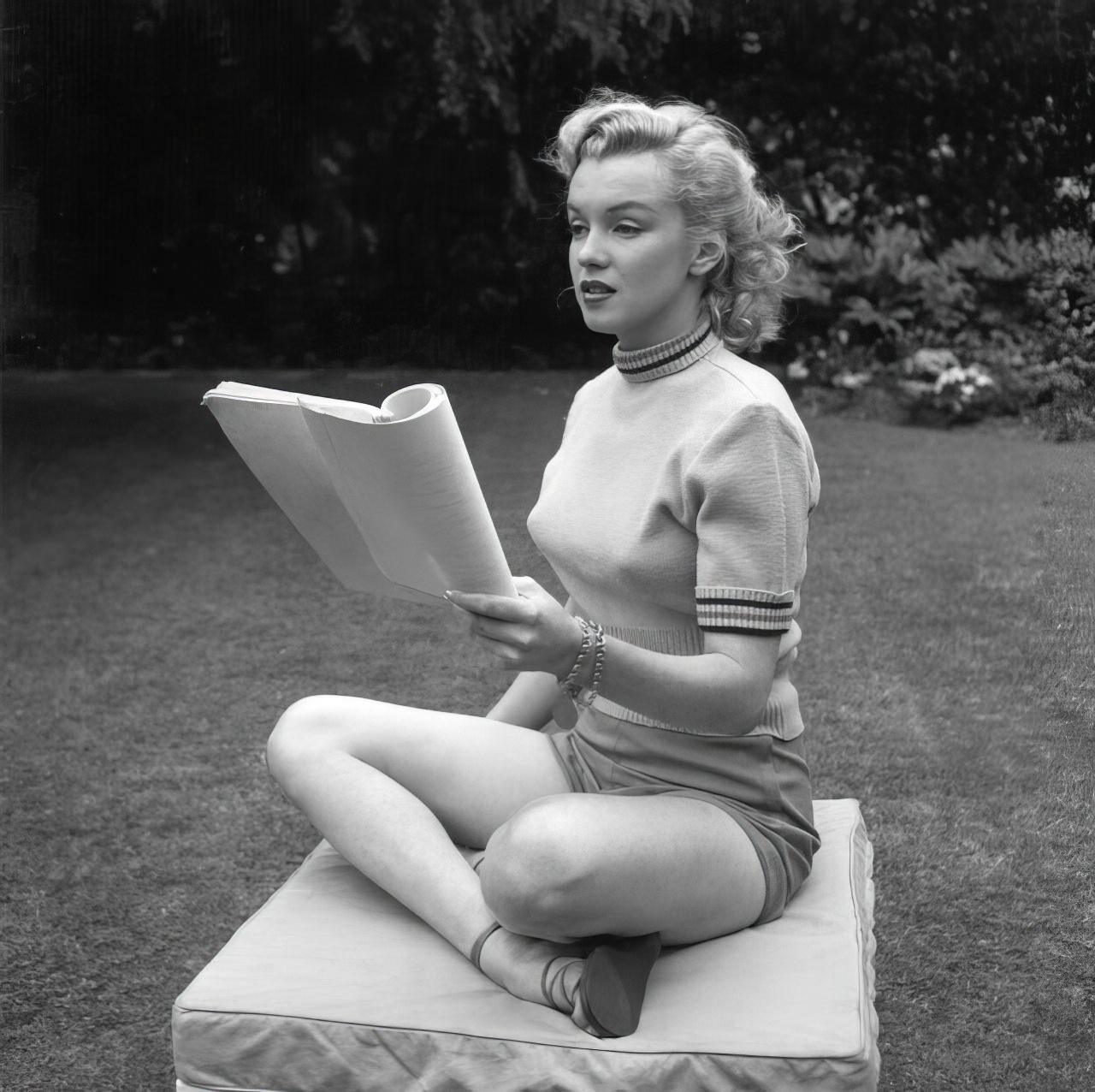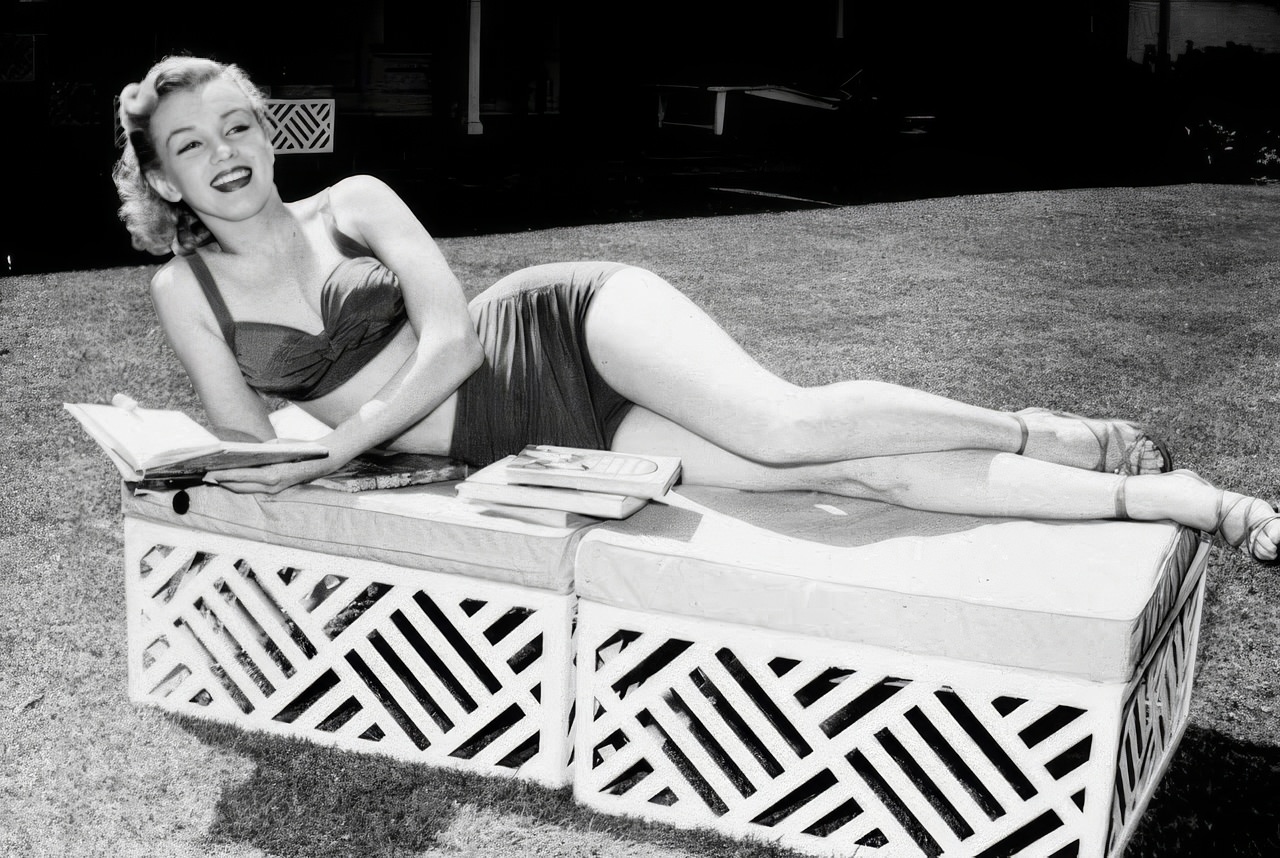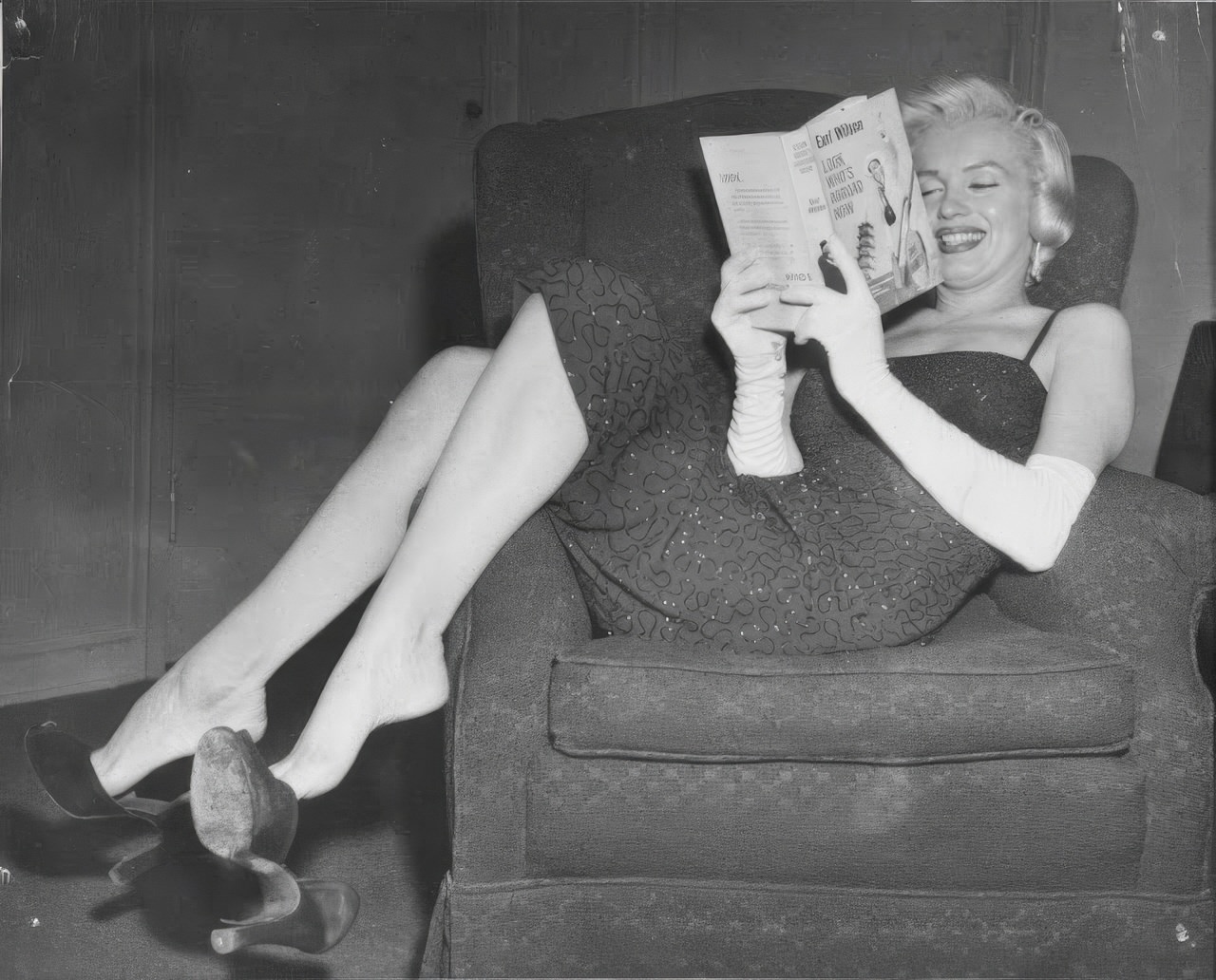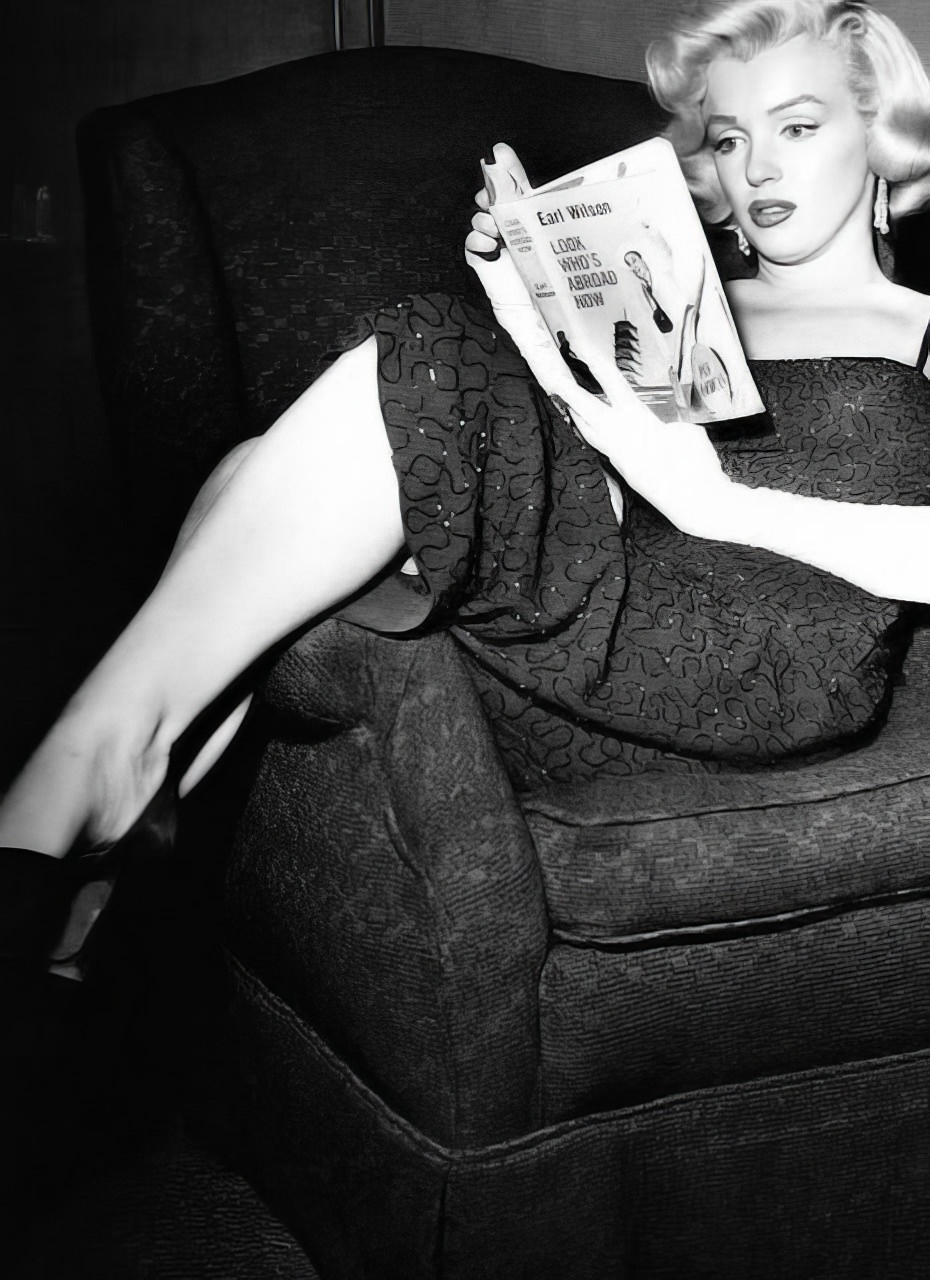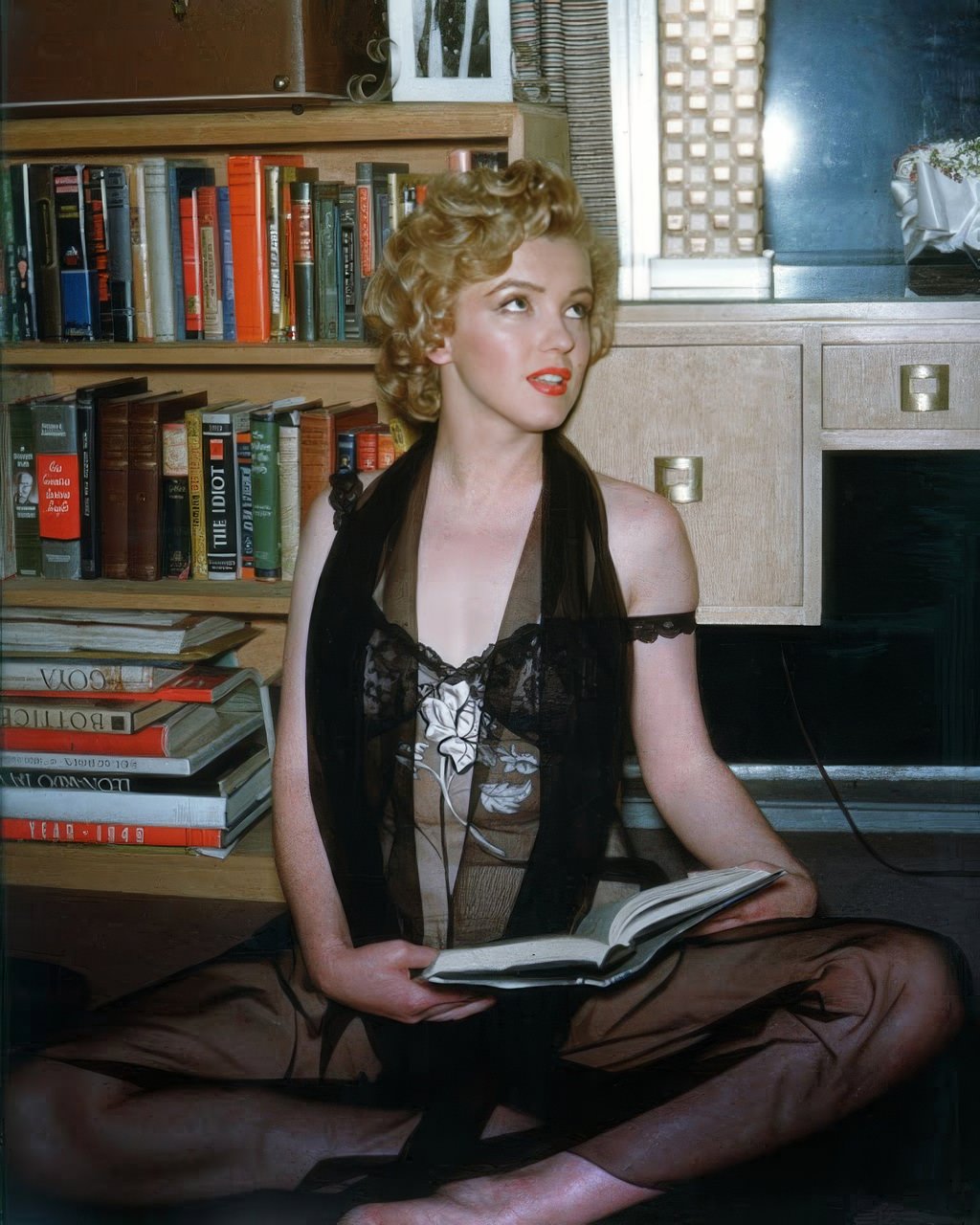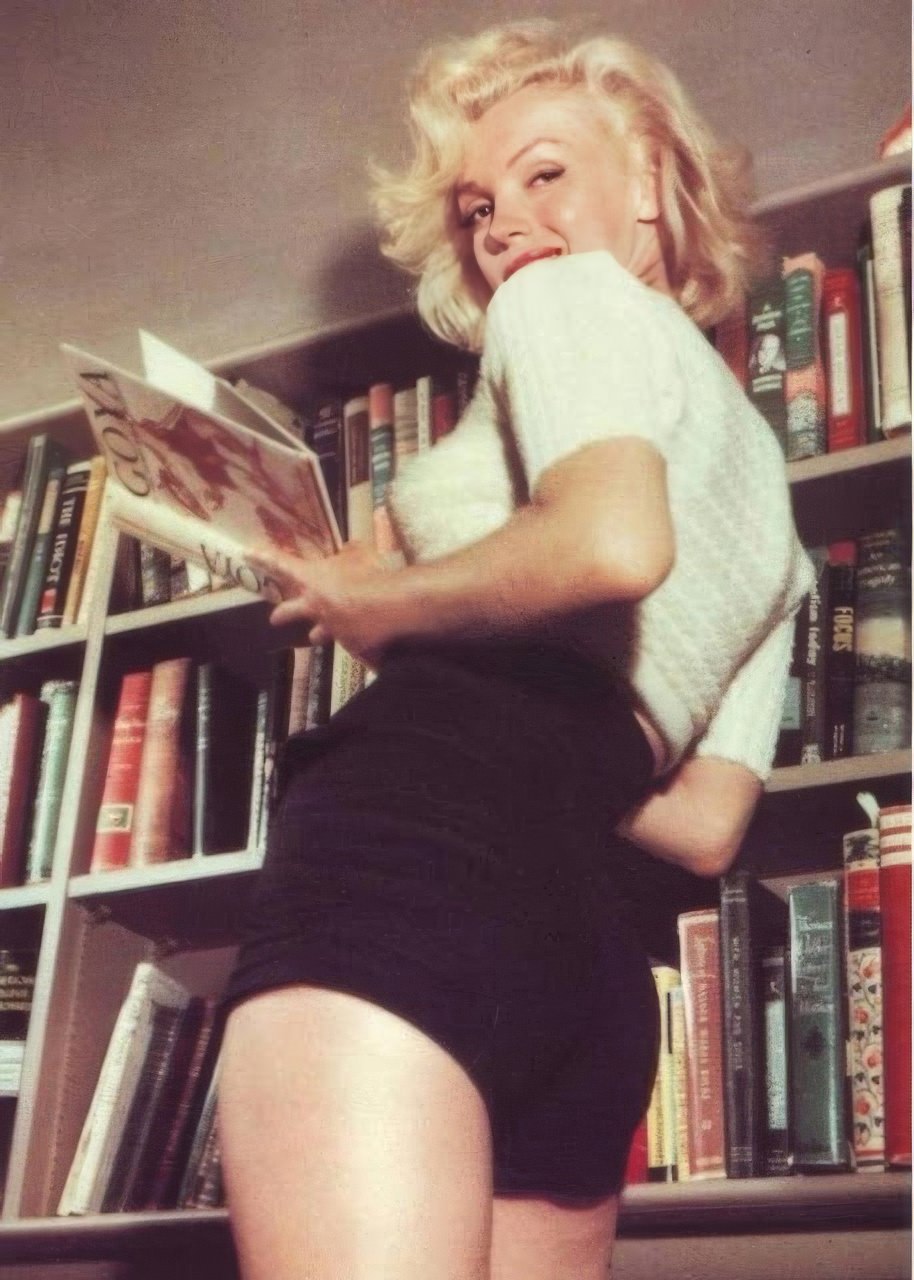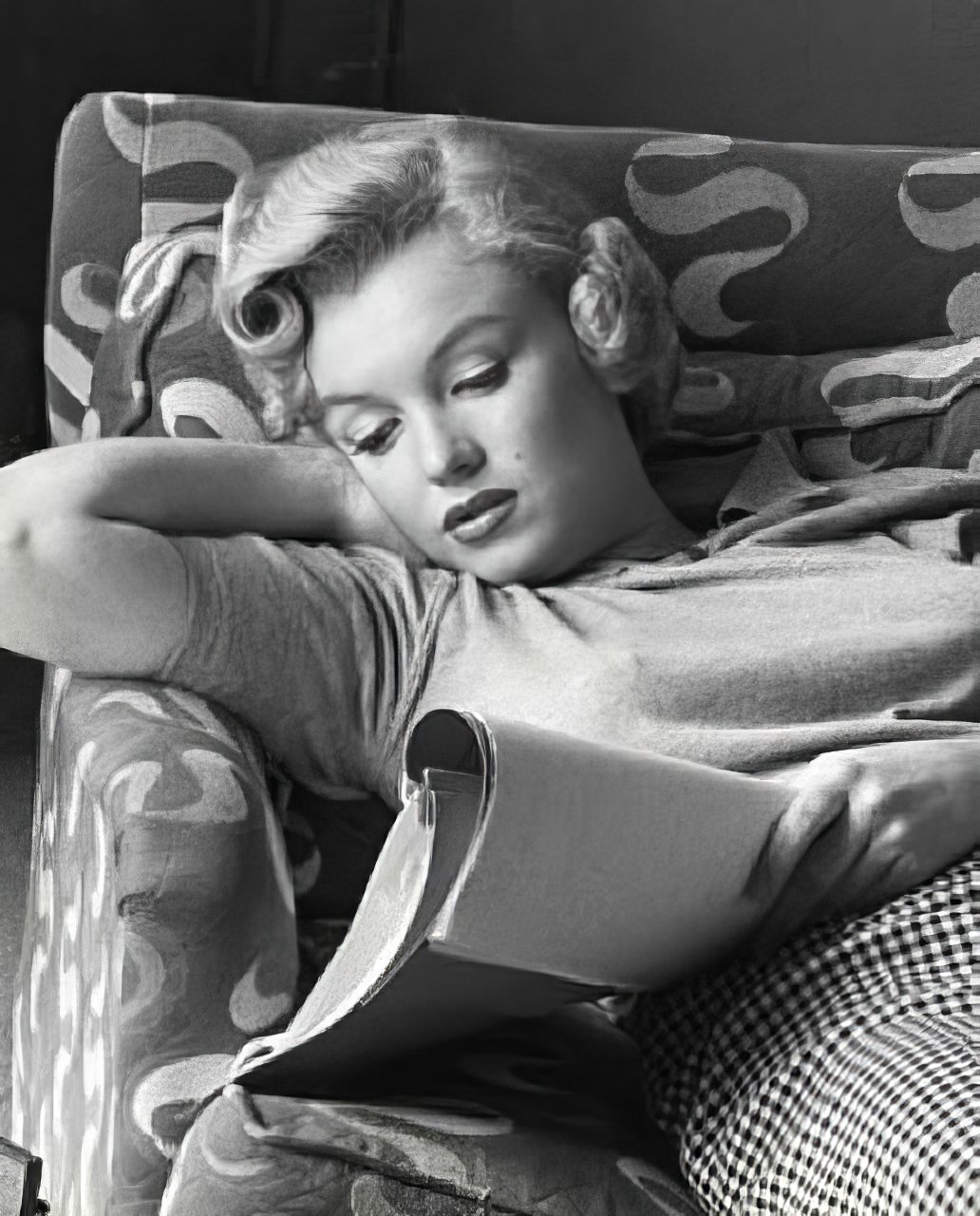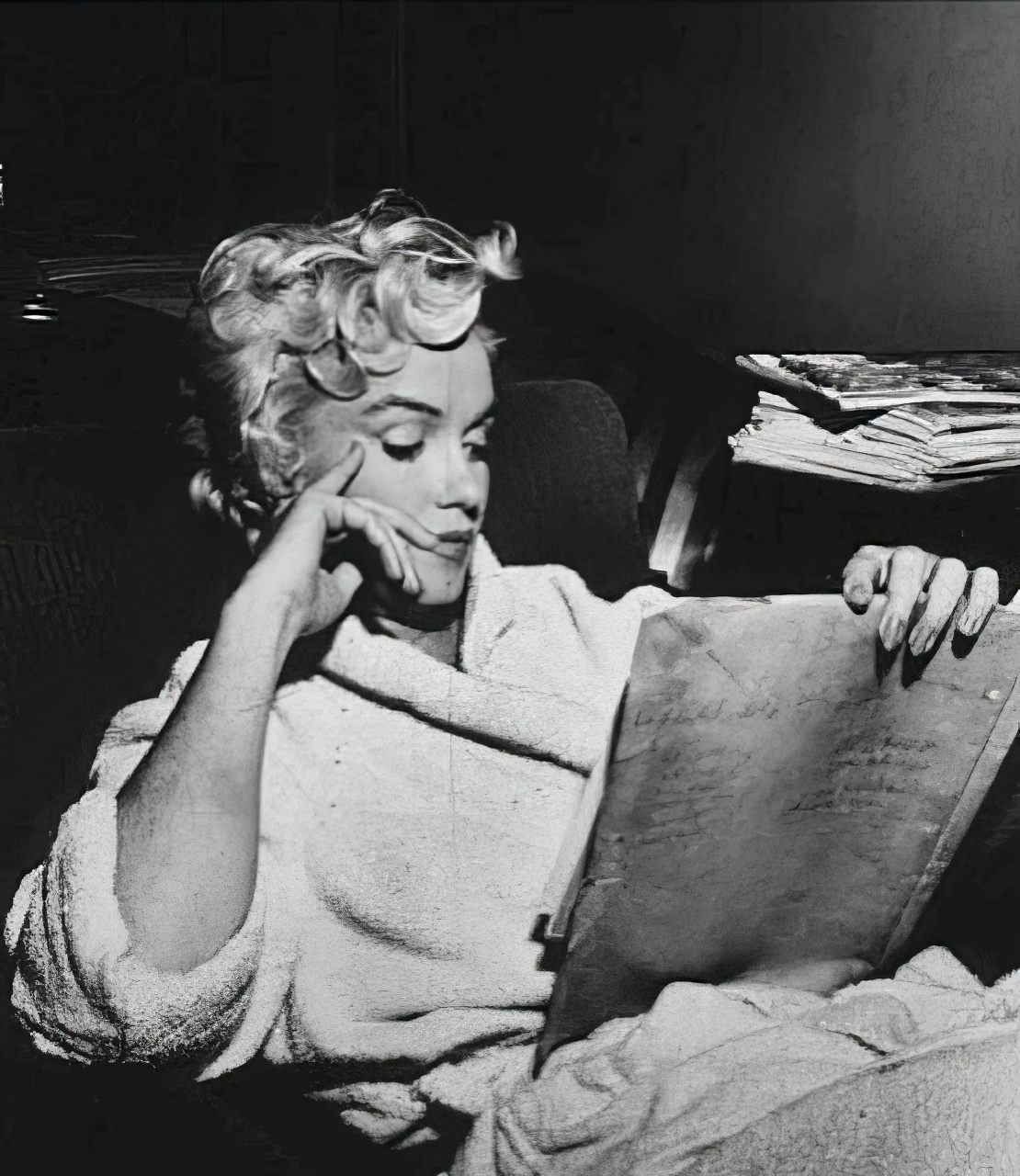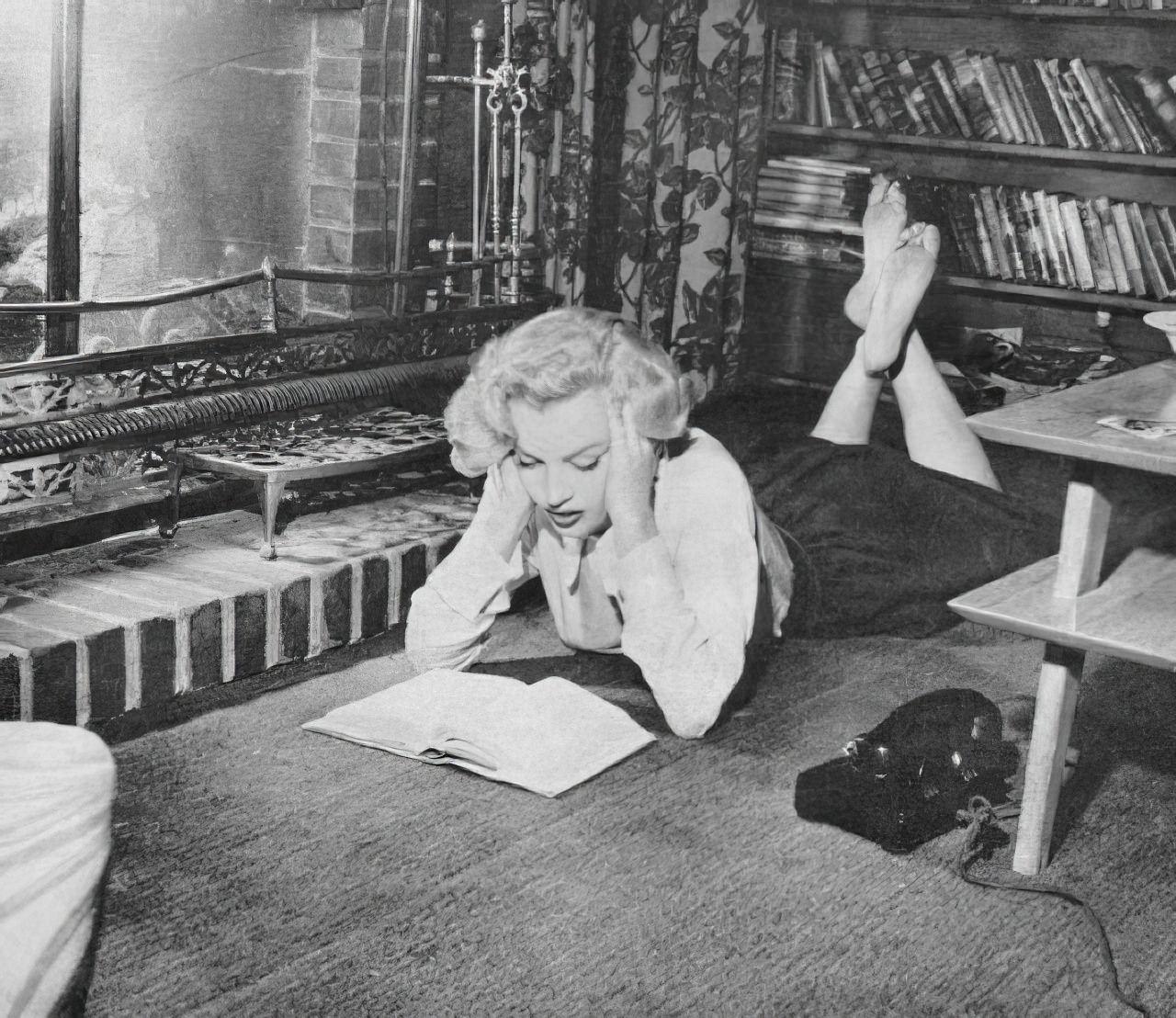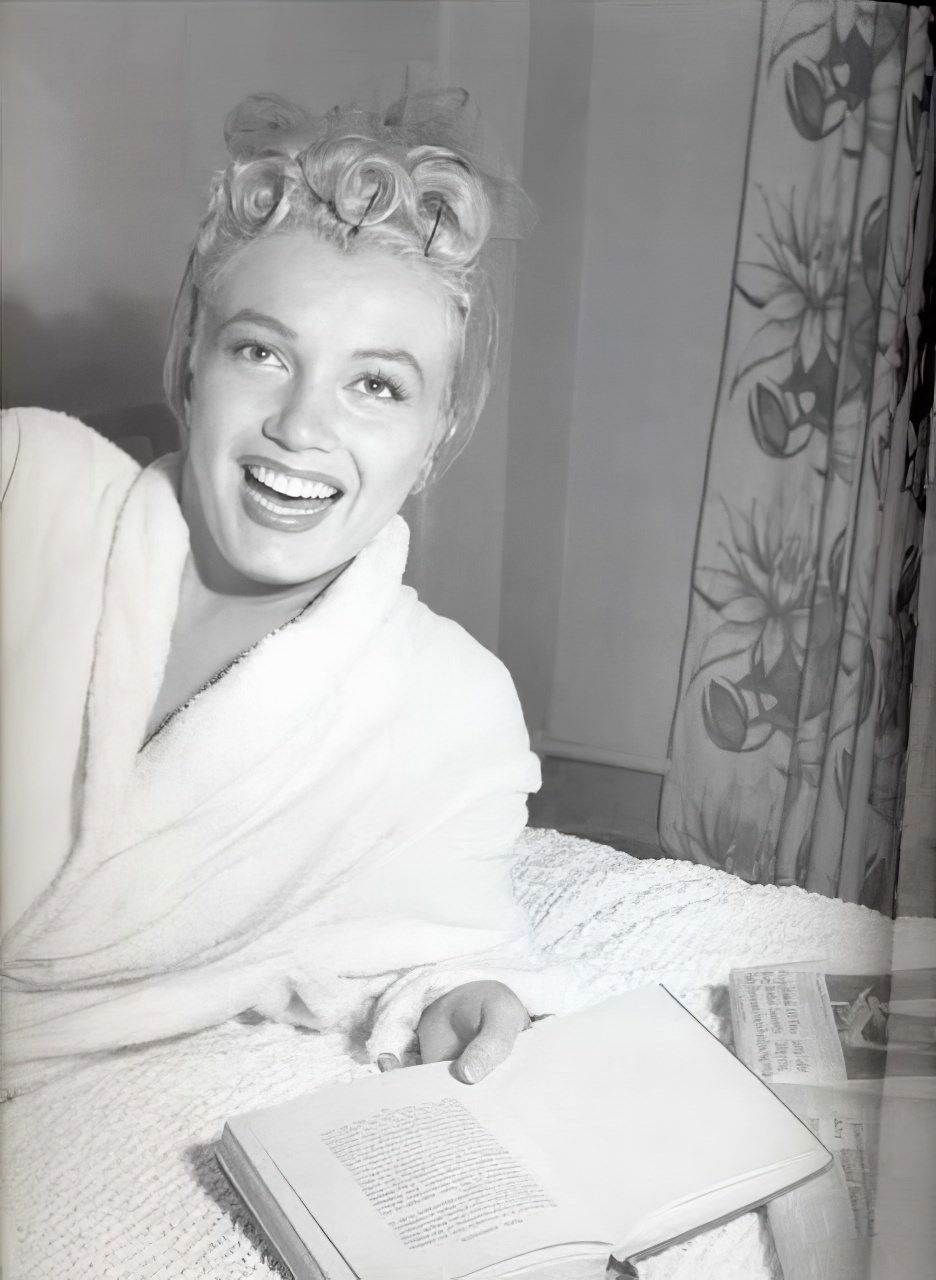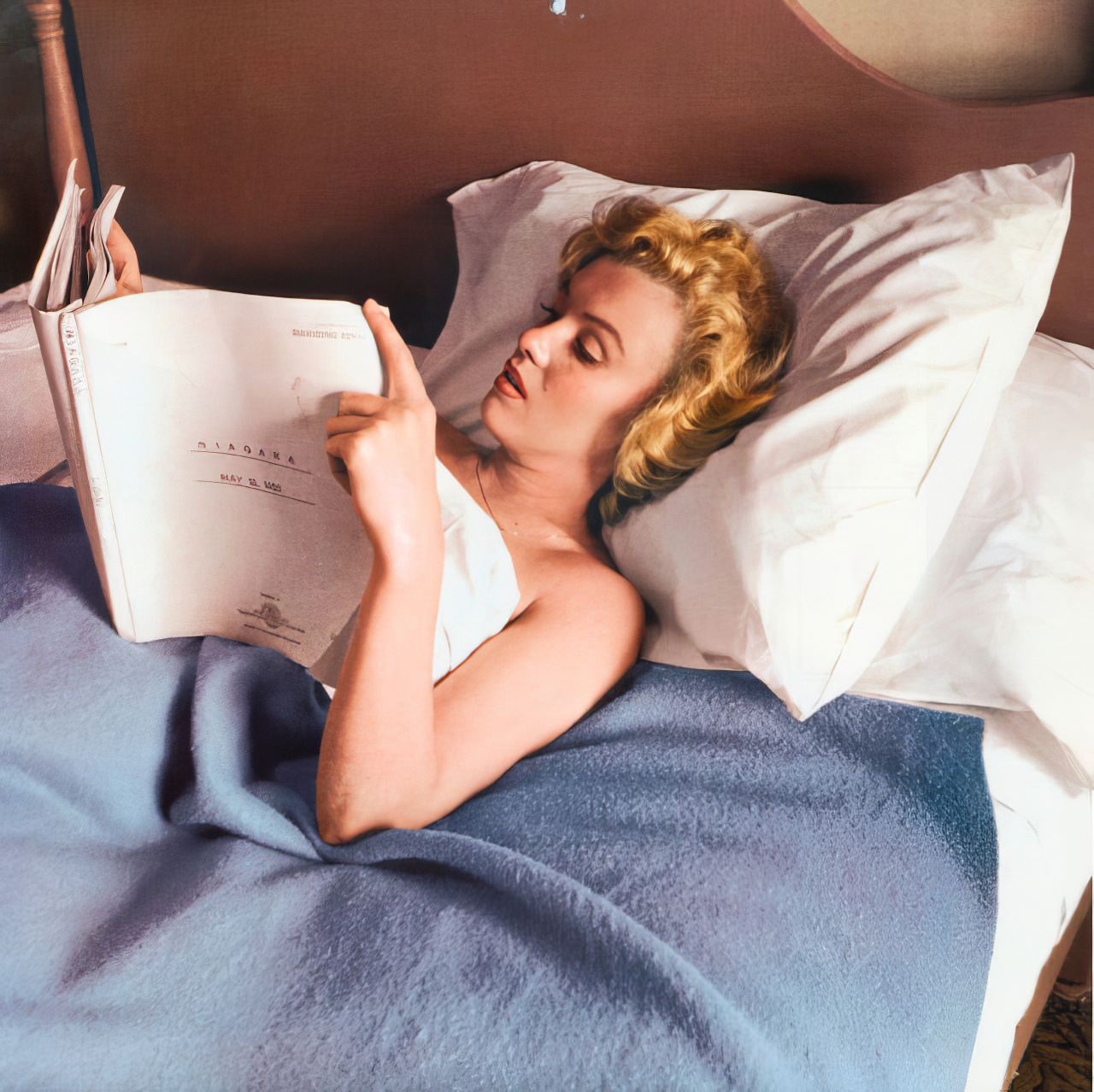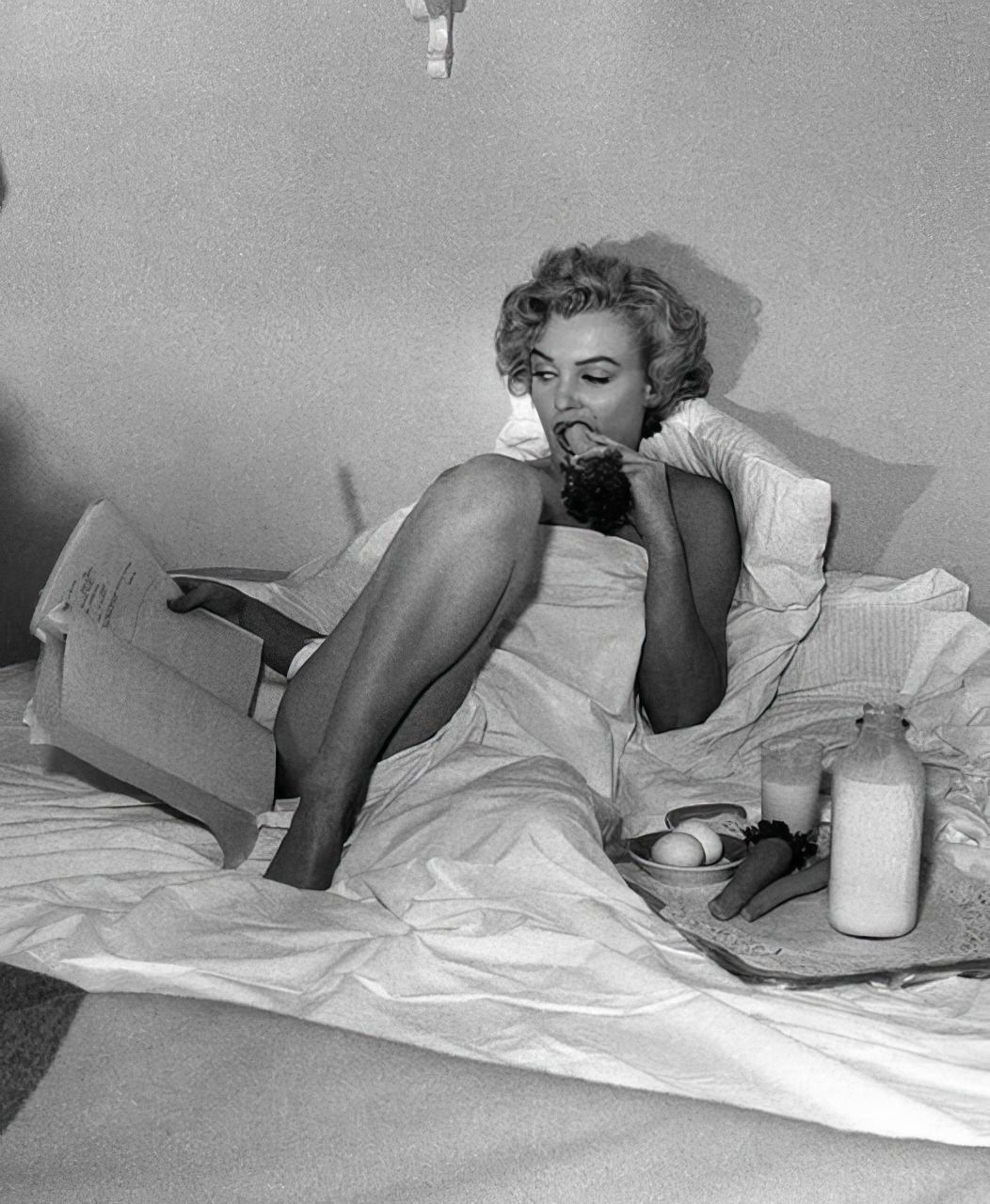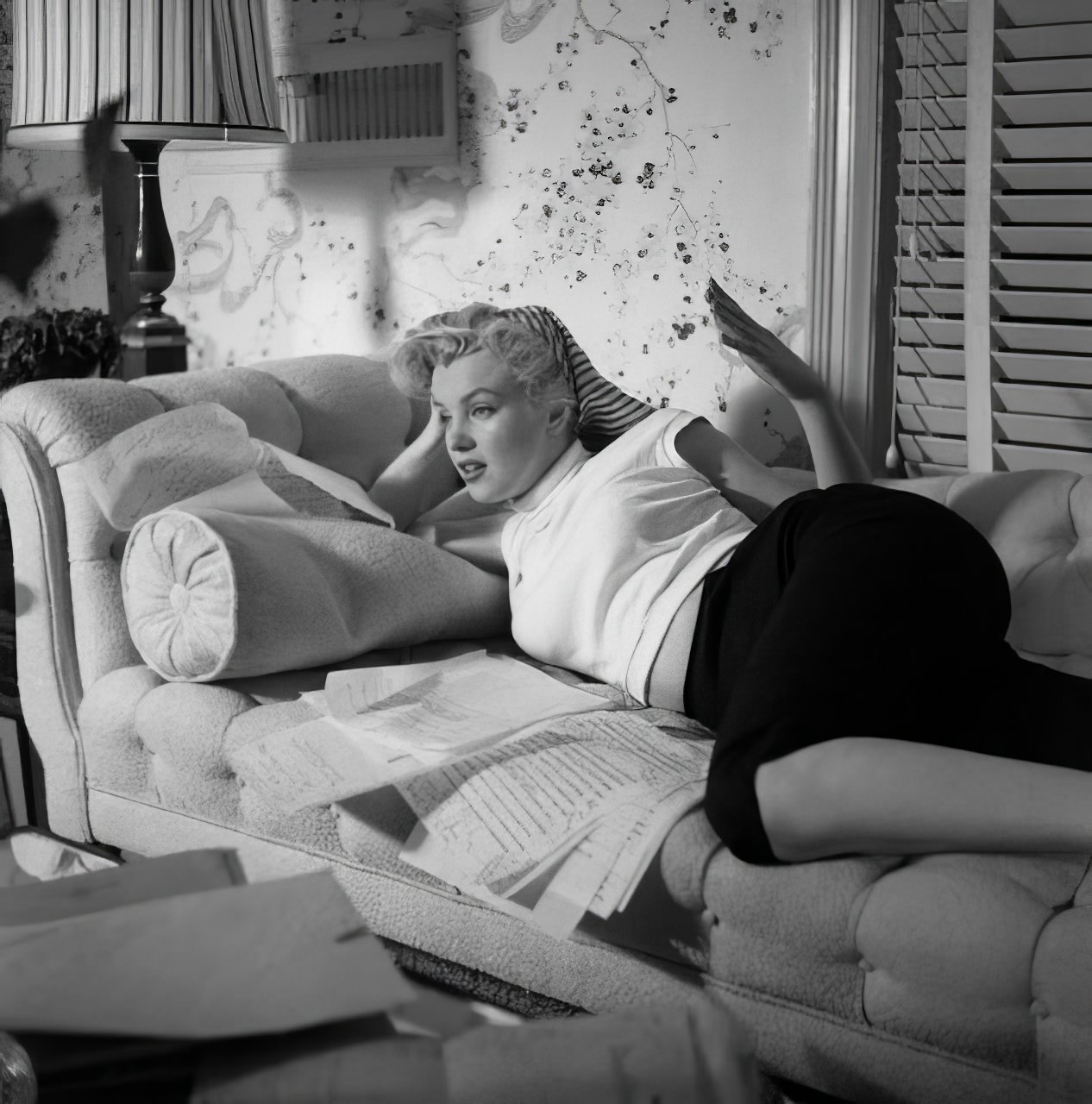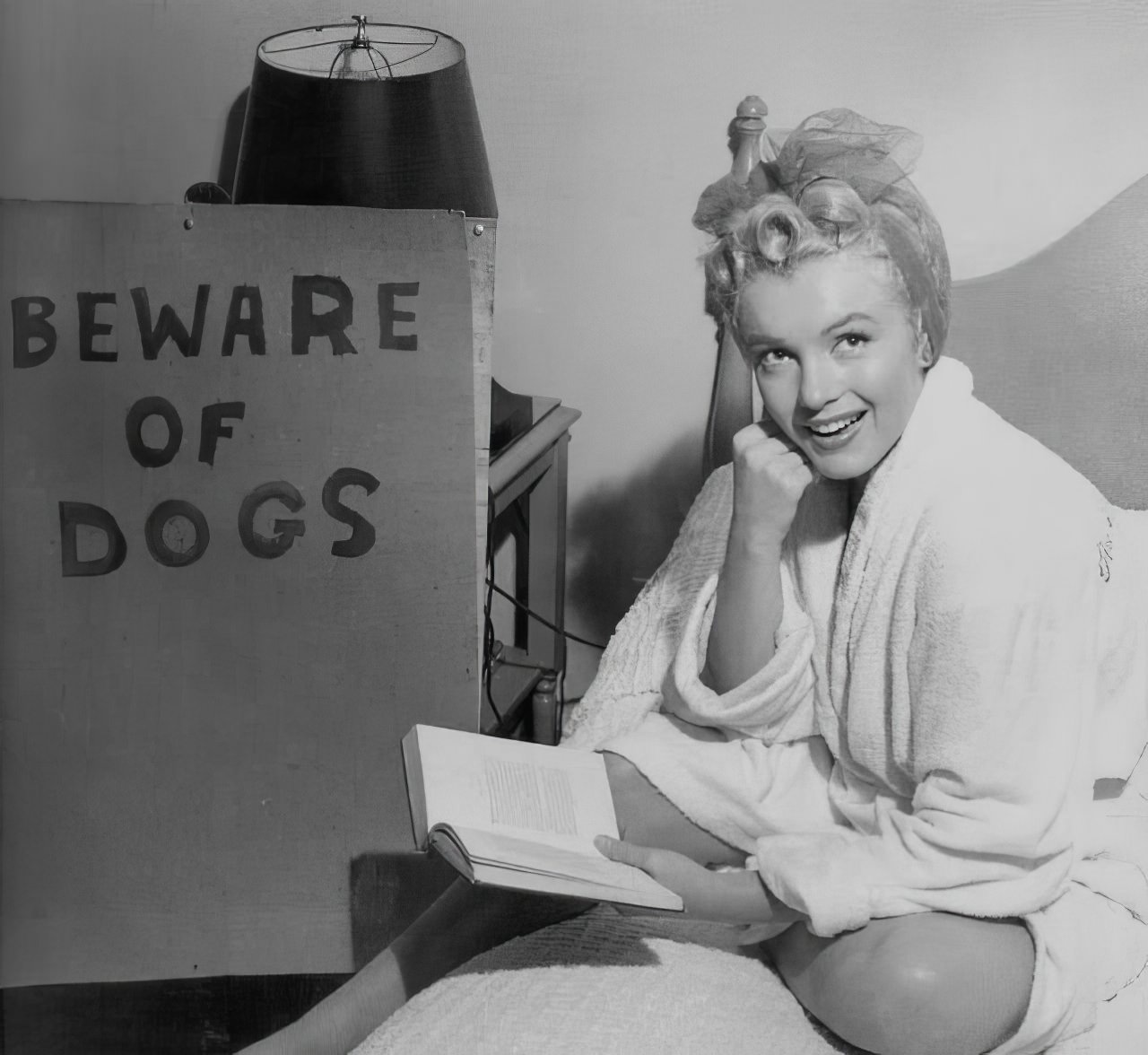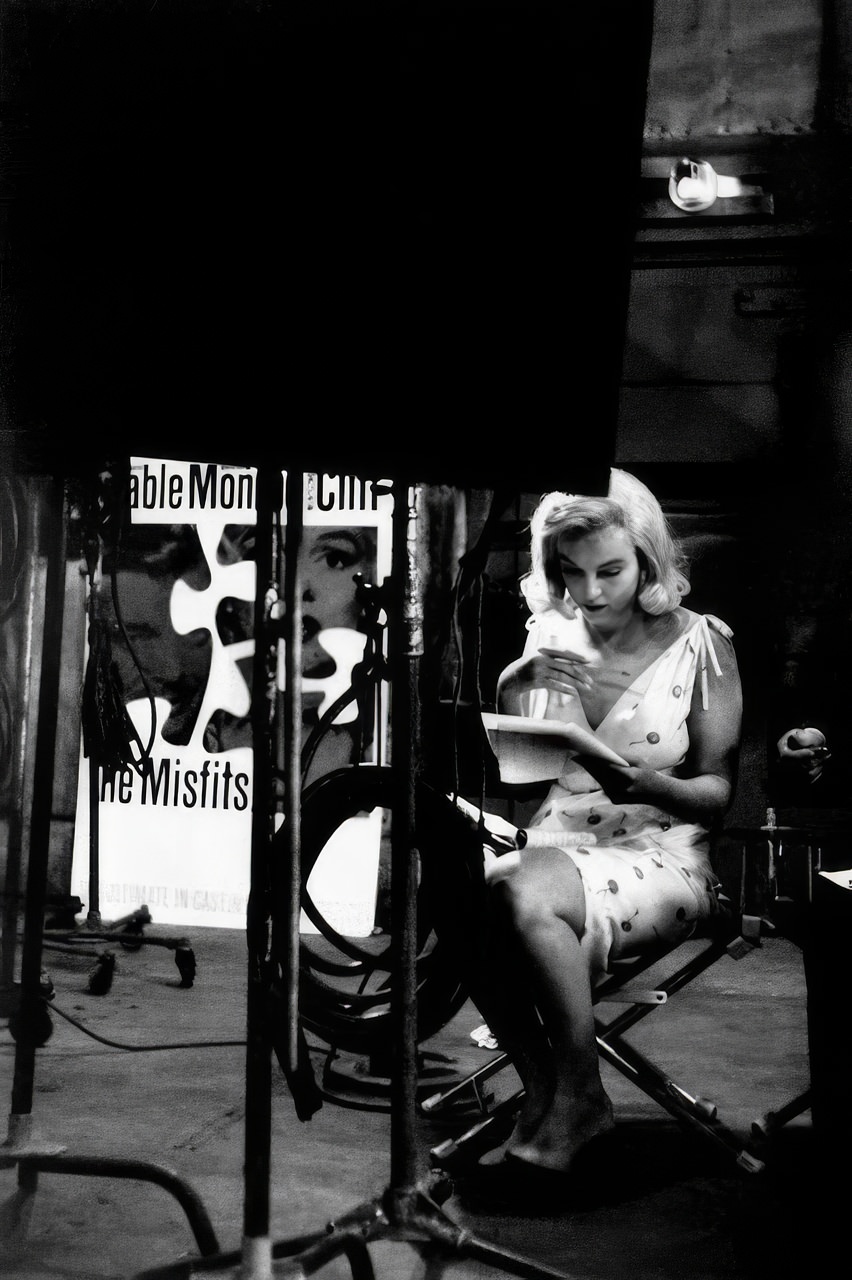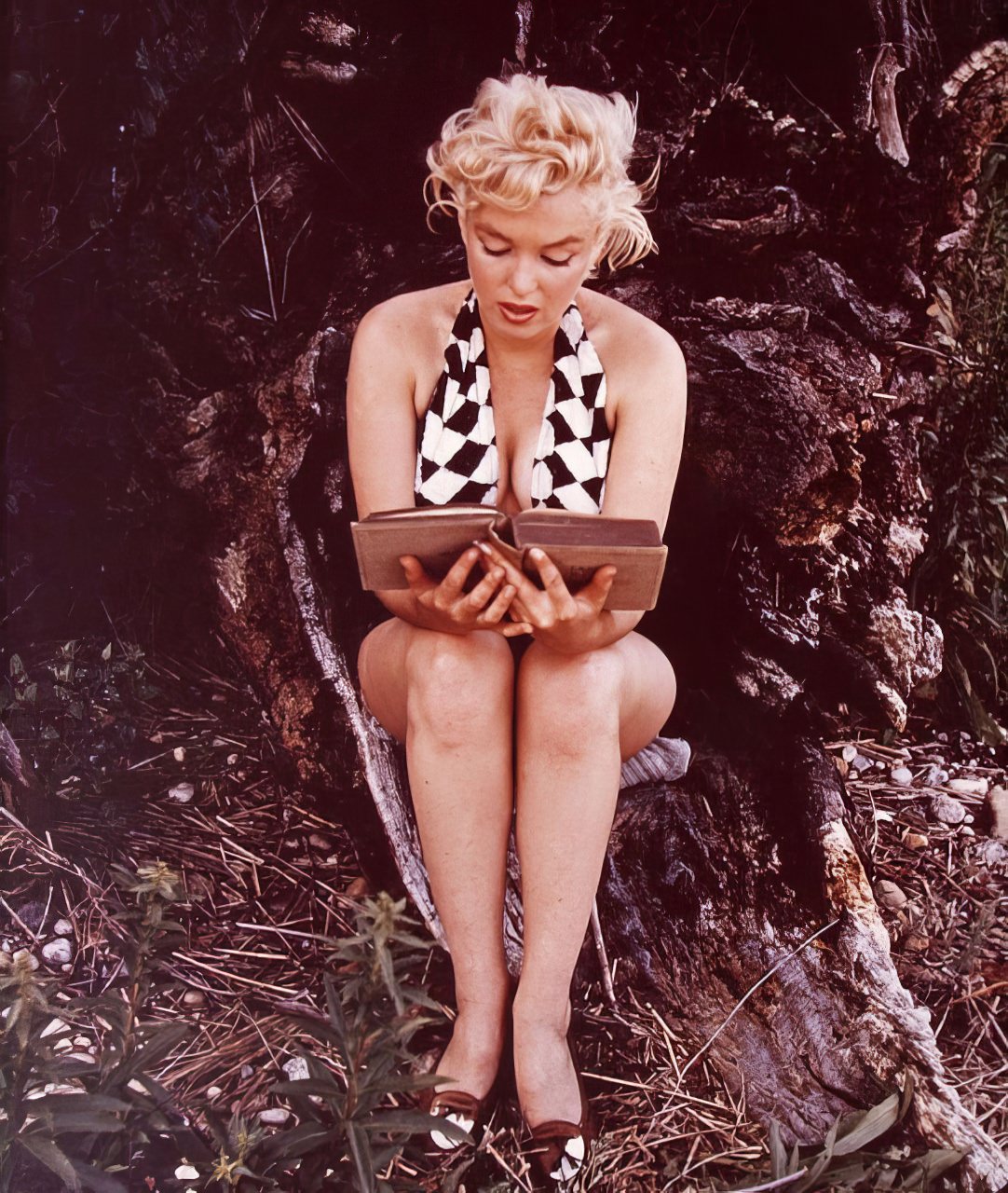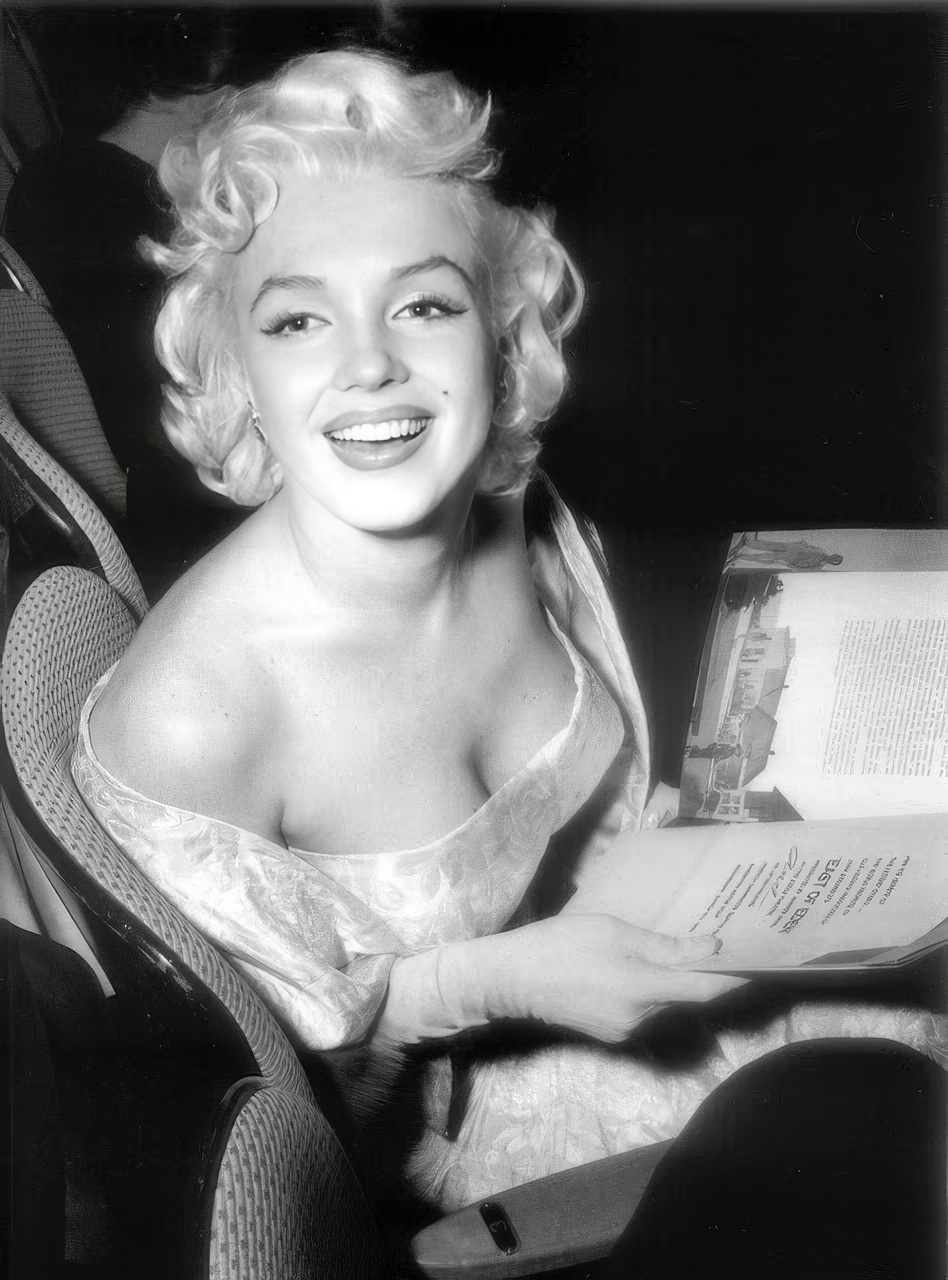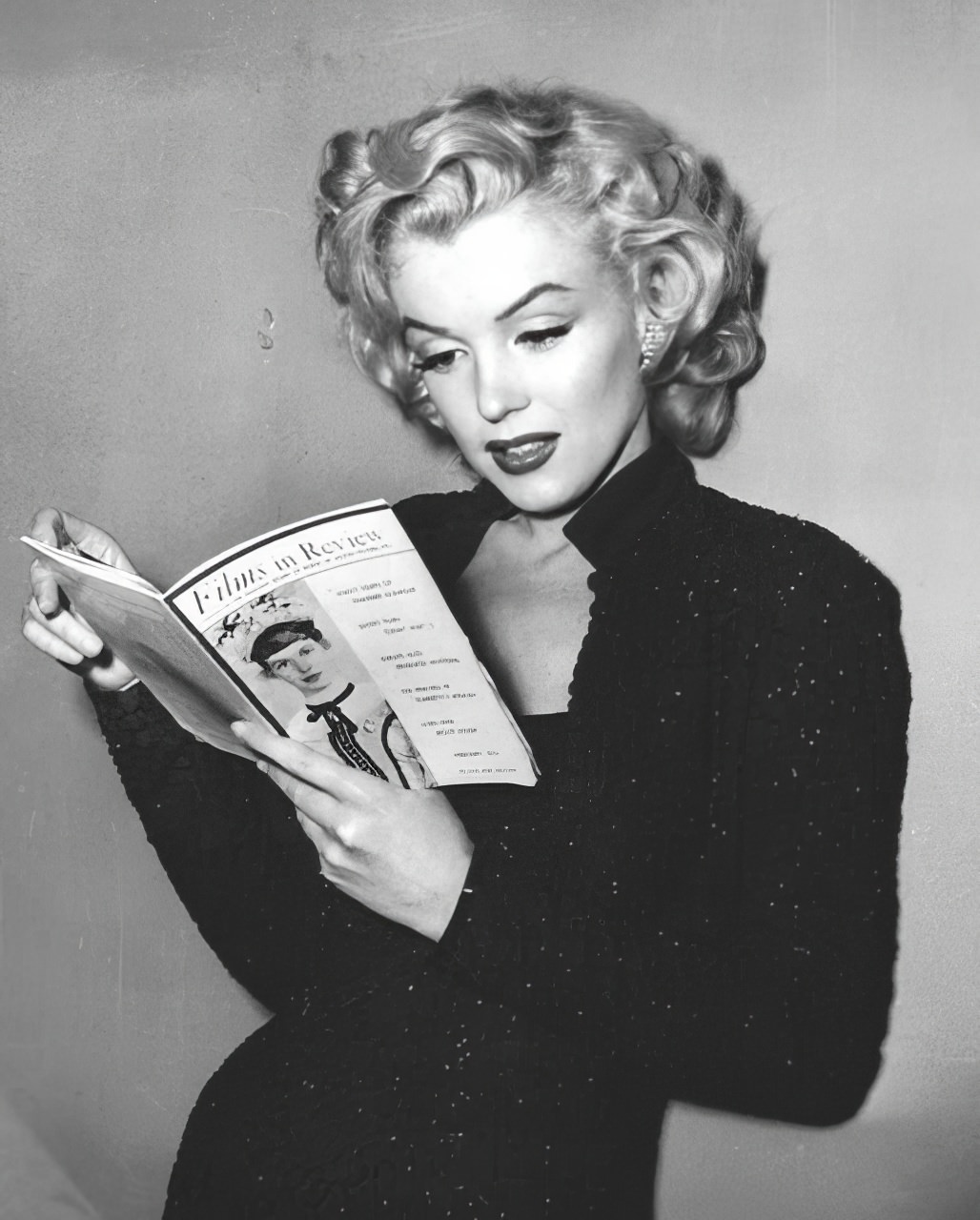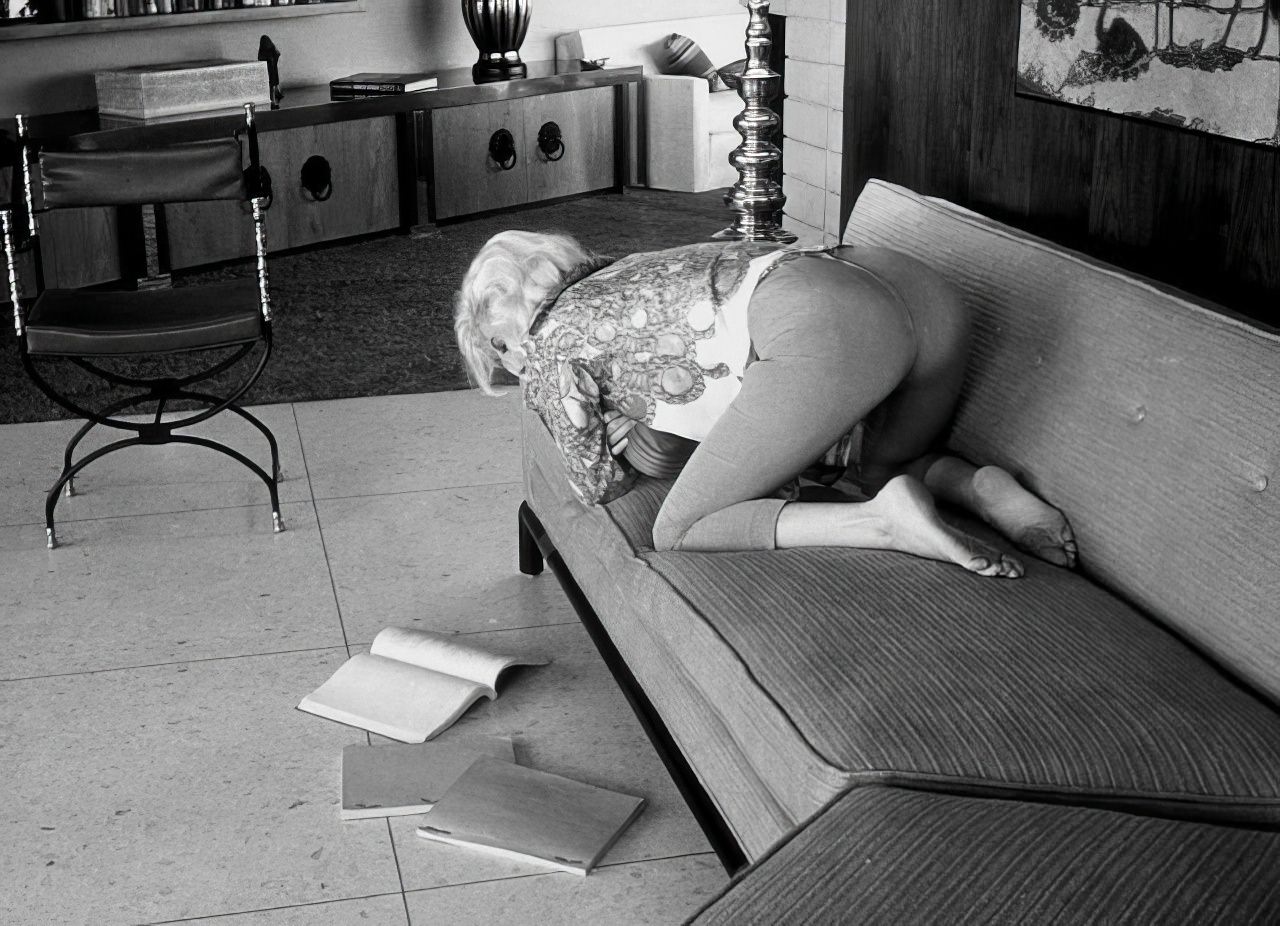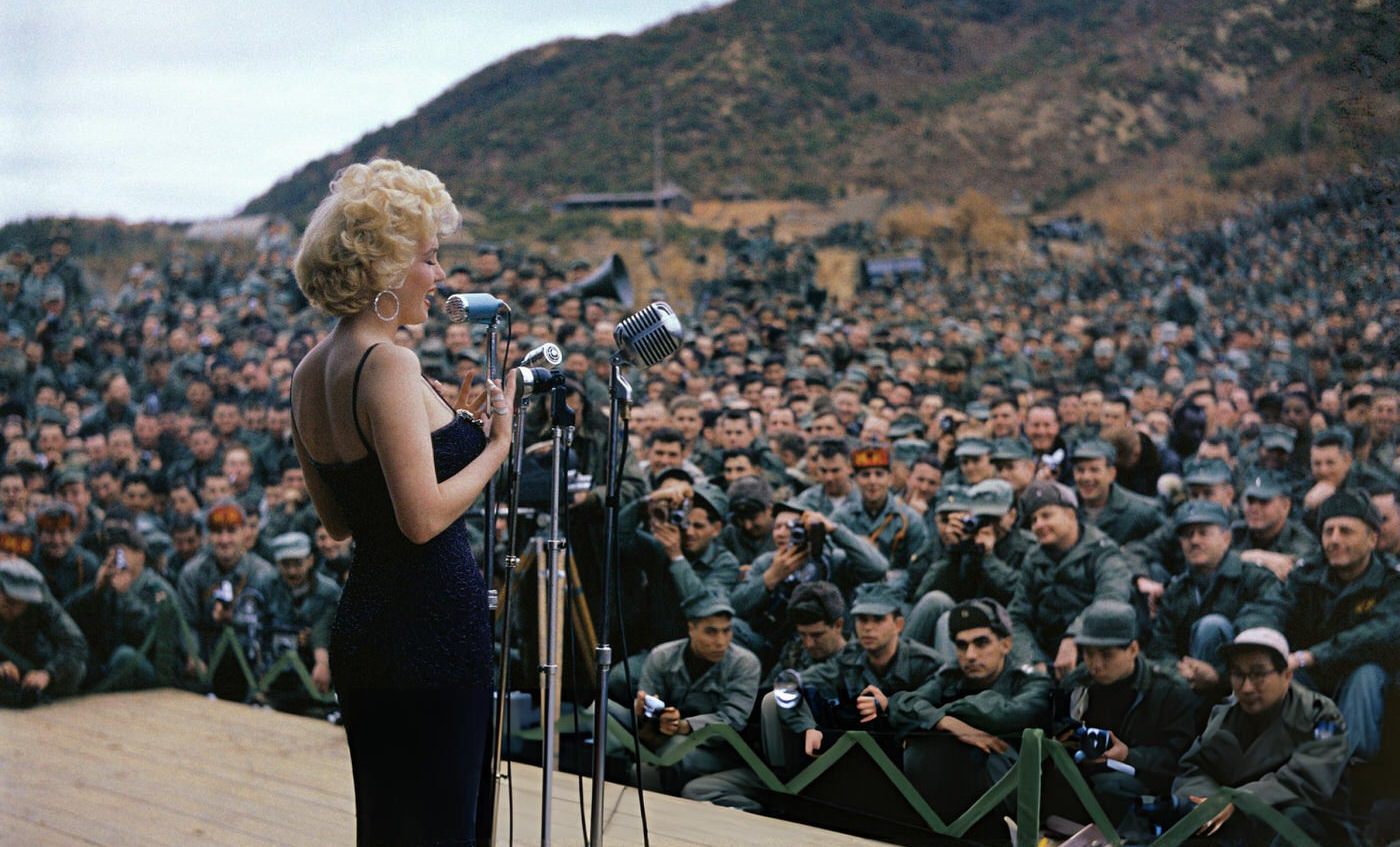Marilyn Monroe is one of the most iconic figures in Hollywood history. Known for her beauty, charm, and acting talent, she became a symbol of glamour and fame. But there is another side to Monroe that many people might not know about: her love of reading. Monroe was an avid reader, and she had a personal library of over 400 books. This aspect of her life reveals a deeper, more thoughtful side to the star that contrasts with her public image.
Marilyn Monroe’s passion for books began at an early age. She grew up in difficult circumstances, moving between foster homes and orphanages. Reading became a source of comfort and escape for her. She once said, “I didn’t belong to anyone. I belonged to the books in the library.” This connection to books stayed with her throughout her life.
Monroe’s reading habits were diverse and extensive. Her library included works of literature, poetry, and non-fiction. She read classic authors like James Joyce, F. Scott Fitzgerald, and Leo Tolstoy. Monroe also enjoyed contemporary writers of her time, such as Ernest Hemingway and Tennessee Williams. Her collection showed a keen interest in a wide range of topics, including art, politics, and philosophy.
Read more
One of the most famous photos of Marilyn Monroe shows her reading James Joyce’s “Ulysses.” Taken by photographer Eve Arnold, the image captures Monroe in a quiet, reflective moment. She is fully absorbed in the book, highlighting her serious and intellectual side. This photo challenges the stereotype of Monroe as merely a dumb blonde and reveals her as a woman with a curious and intelligent mind.
Monroe’s love of reading was also evident in her personal life. She often carried books with her to movie sets and read between takes. She even took night classes at UCLA, where she studied literature and history. Monroe’s thirst for knowledge was insatiable, and she sought to educate herself in any way she could.
Friends and colleagues of Monroe often spoke about her intellectual curiosity. She engaged in deep conversations about books and ideas with those around her. For instance, her third husband, playwright Arthur Miller, was one of the many intellectuals she connected with. Their relationship was partly built on their shared love of literature and the arts.
Monroe’s dedication to reading extended beyond her personal interests. She understood the power of books and education in transforming lives. In a letter to a friend, she wrote about how reading had helped her overcome the hardships of her childhood. She believed that books could provide solace and guidance to anyone facing difficult times.
Despite her fame, Monroe remained humble about her intellectual pursuits. She once said, “I am not interested in money. I just want to be wonderful.” Her desire to improve herself and expand her knowledge was a testament to her character and determination. Reading was a crucial part of her journey toward self-improvement and personal growth.
In today’s world, where celebrities are often judged by their looks or social media presence, Monroe’s example is a refreshing reminder of the importance of intellectual curiosity. She was more than just a pretty face; she was a woman with a deep love of learning and a passion for self-education. This side of Monroe’s life continues to inspire and challenge our perceptions of what it means to be a true icon.


